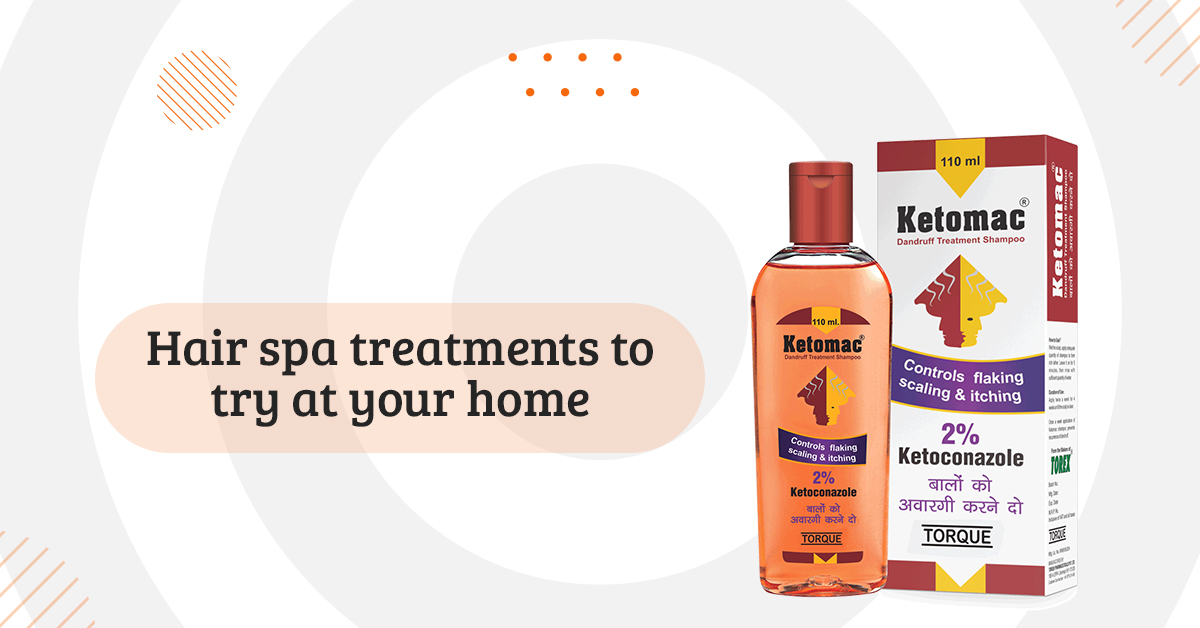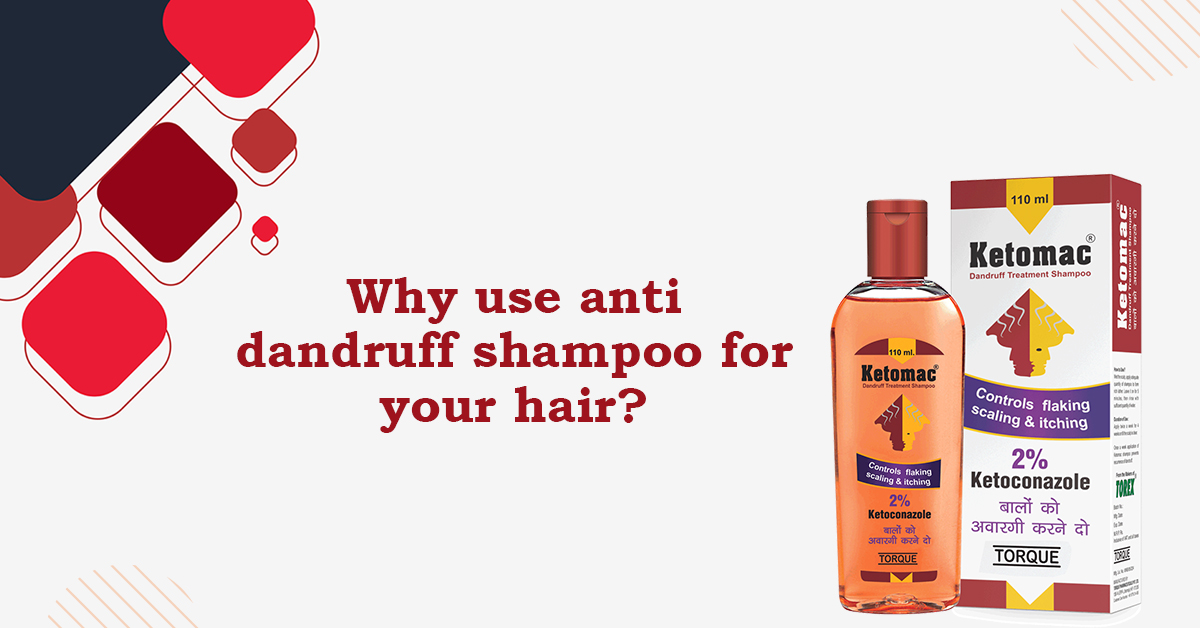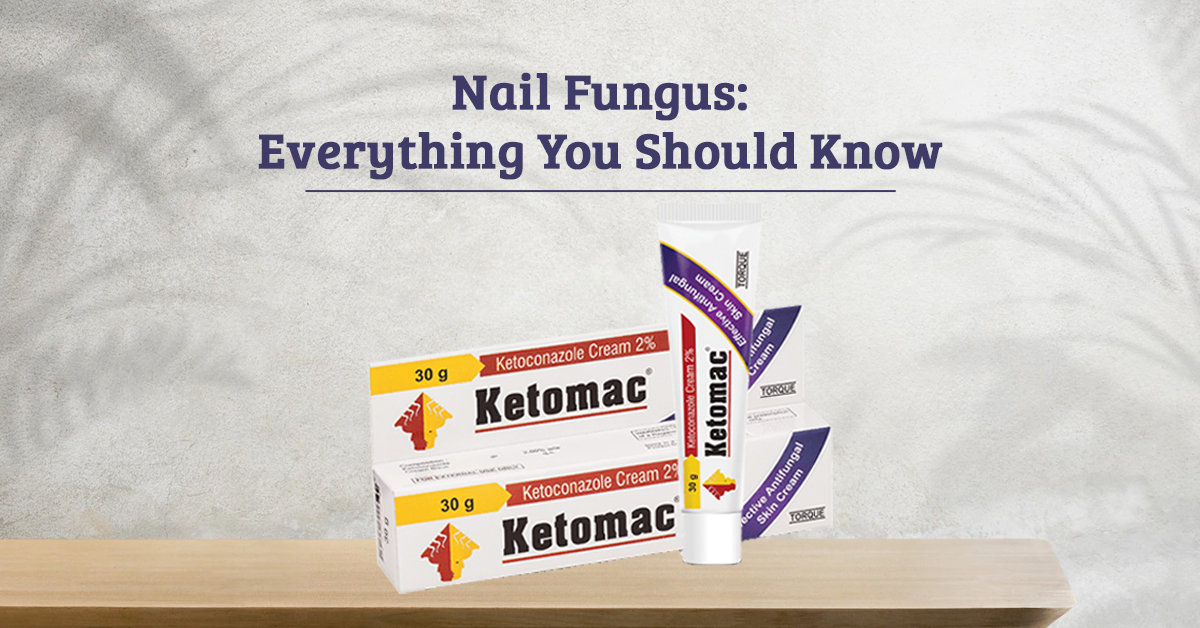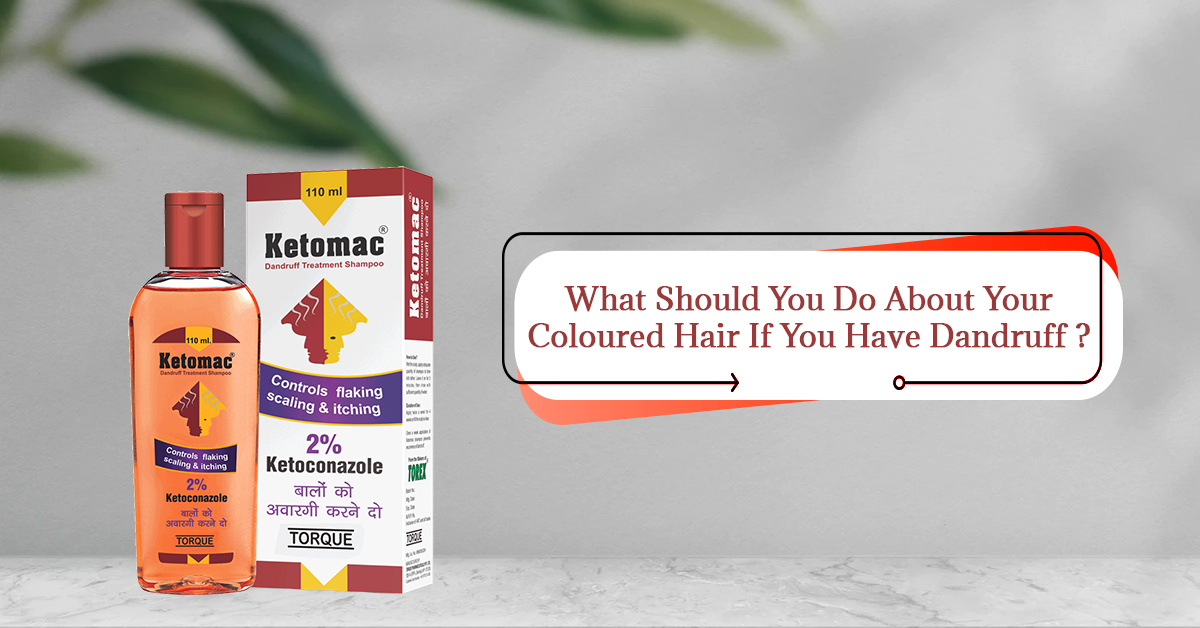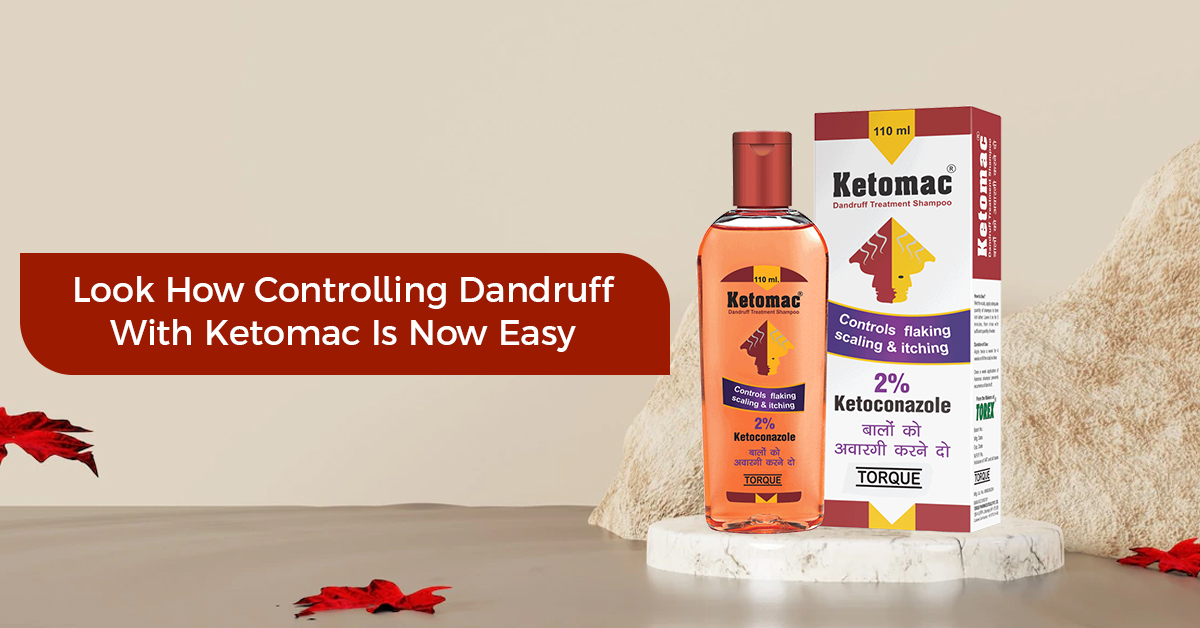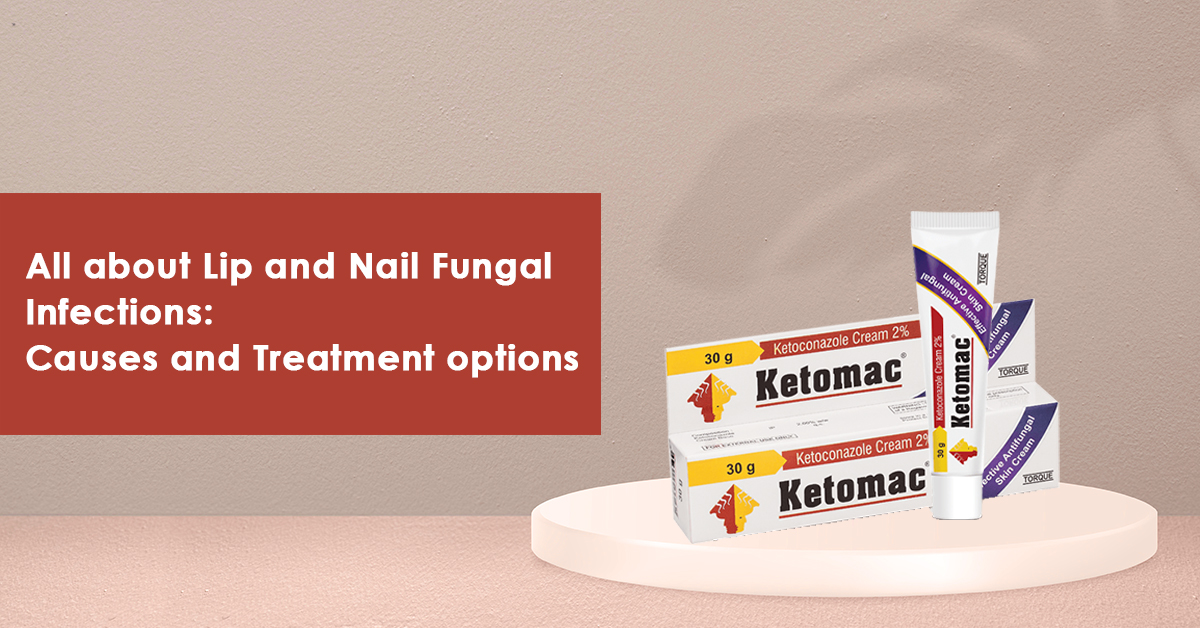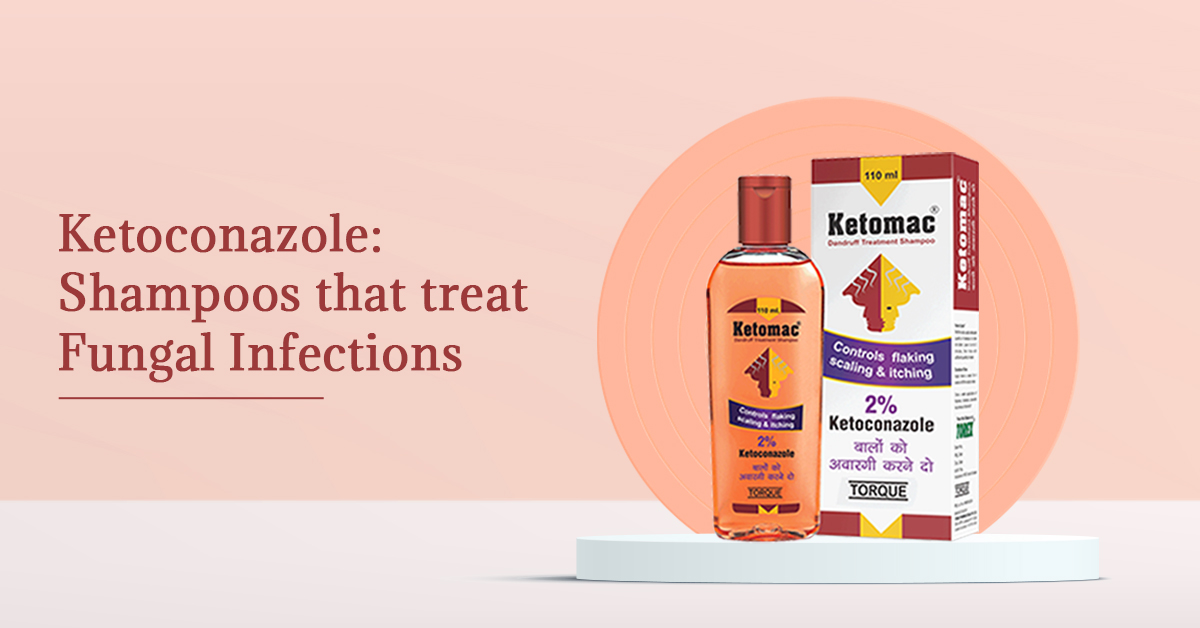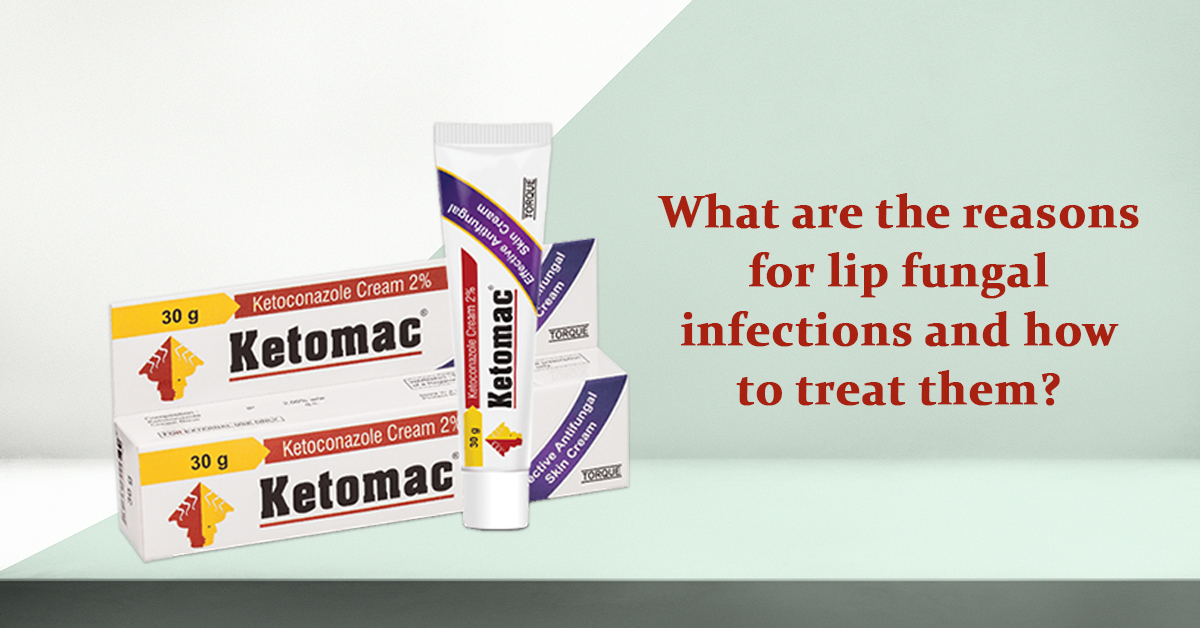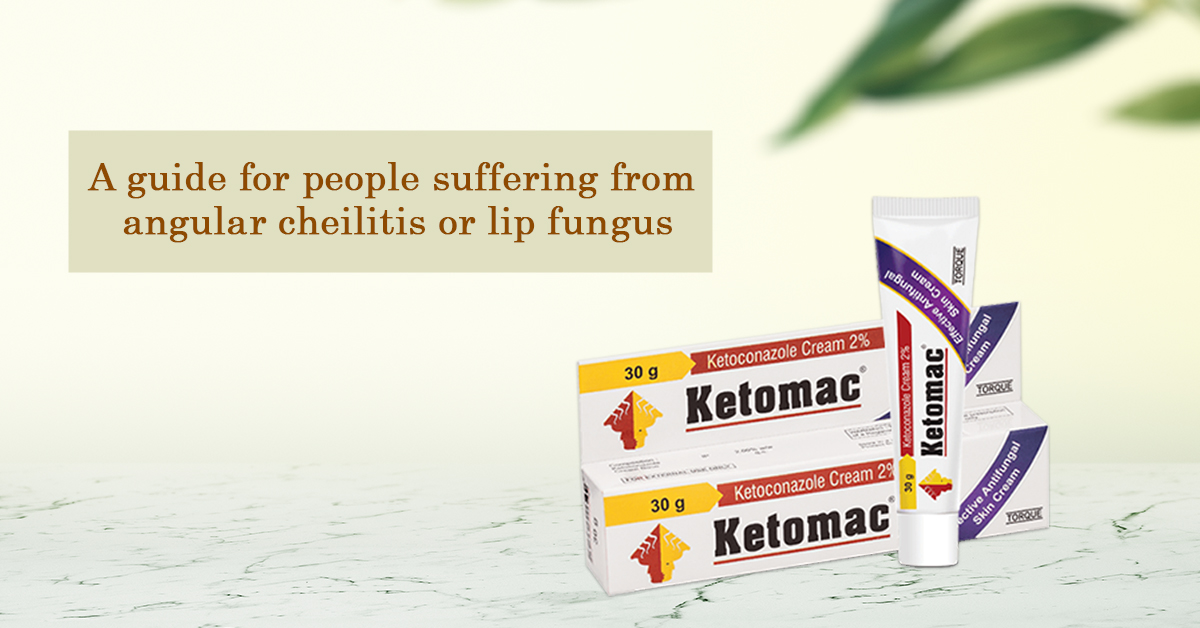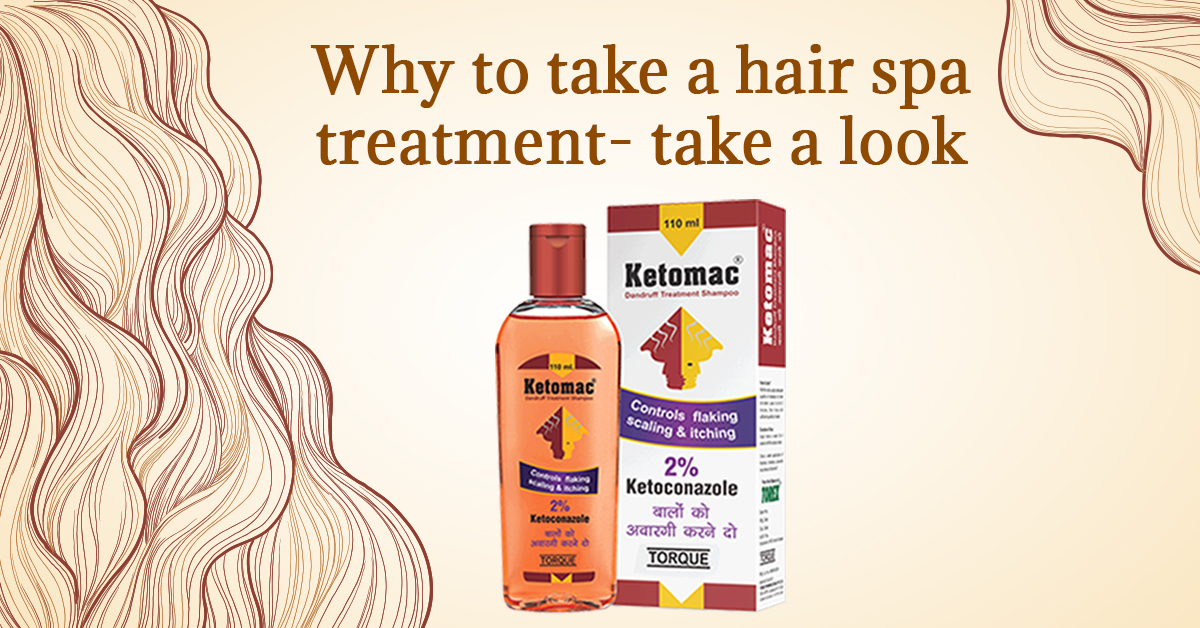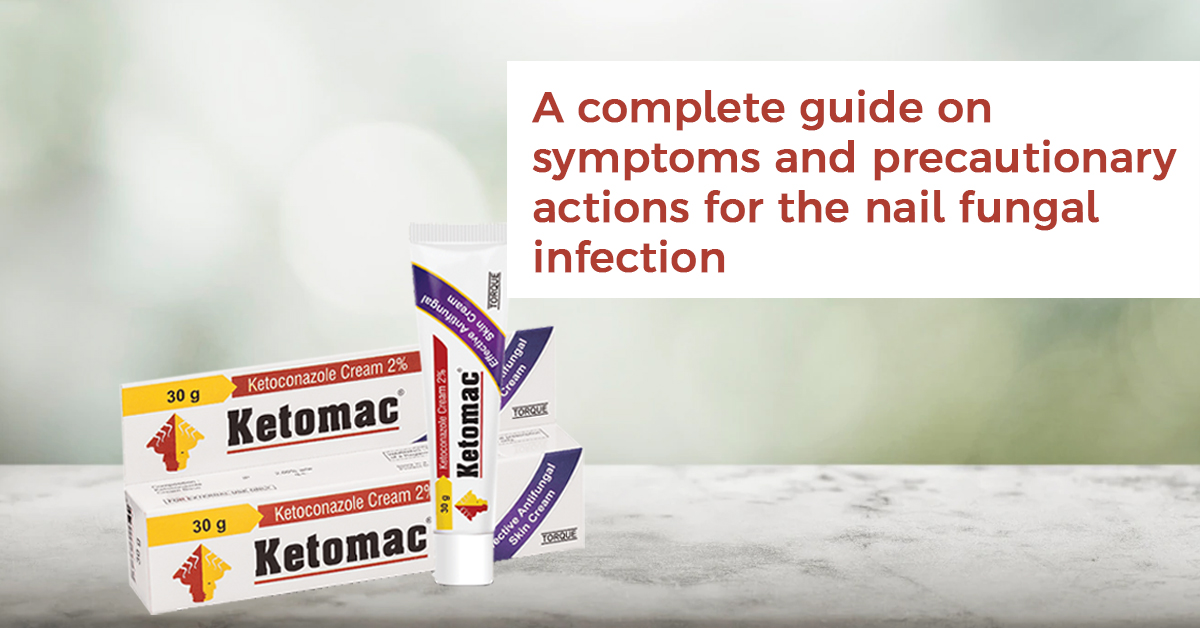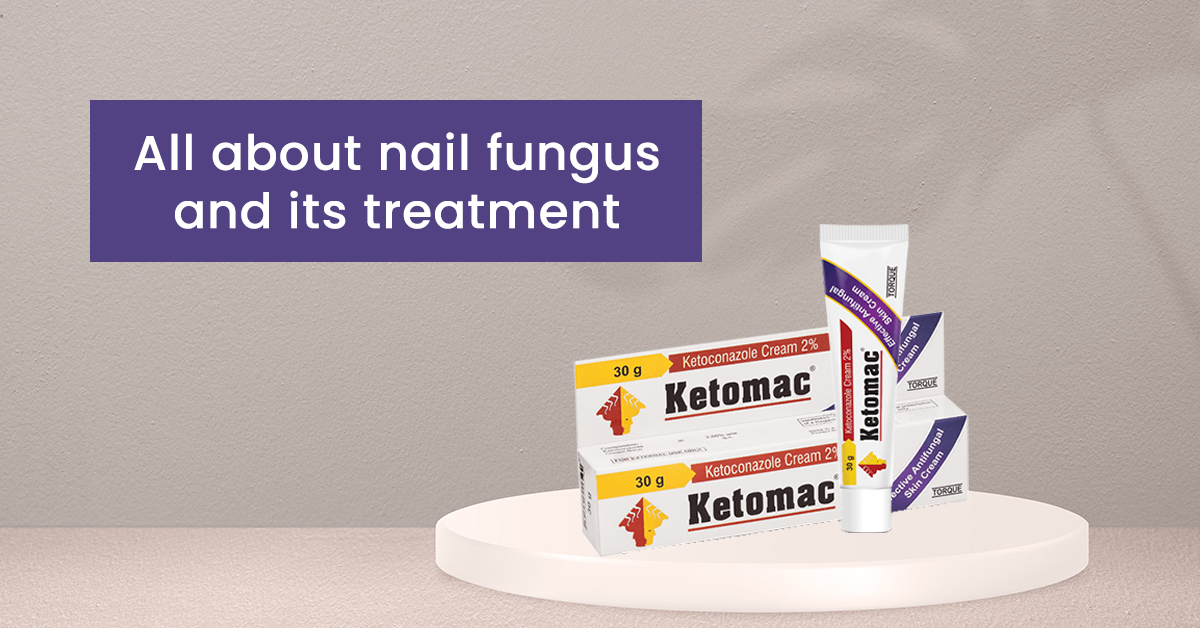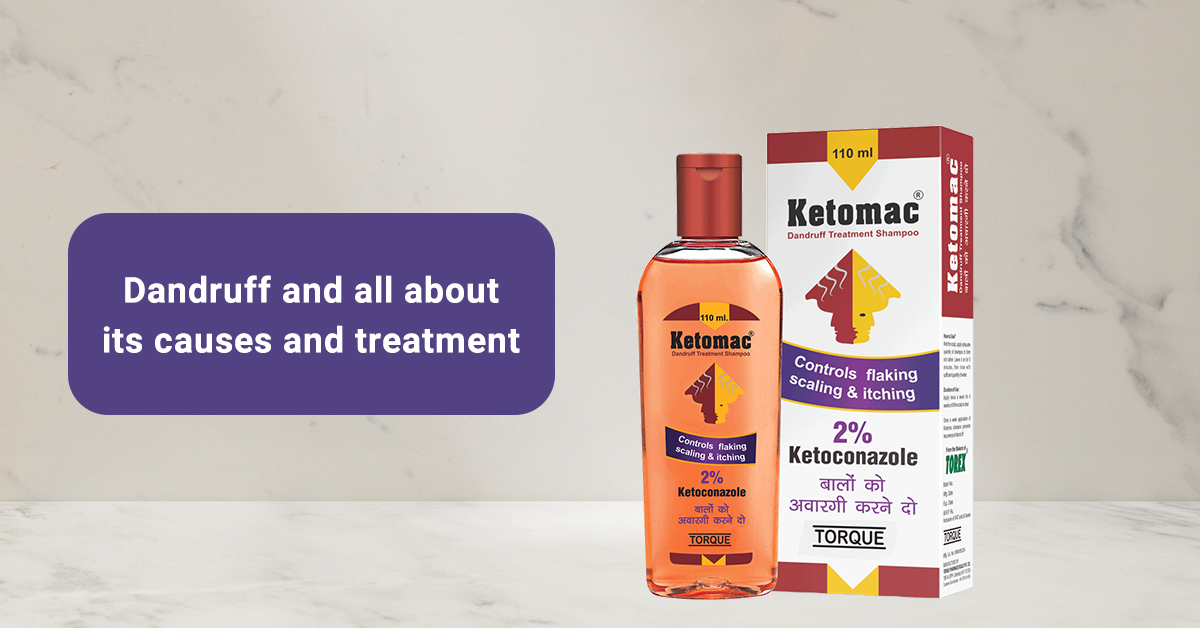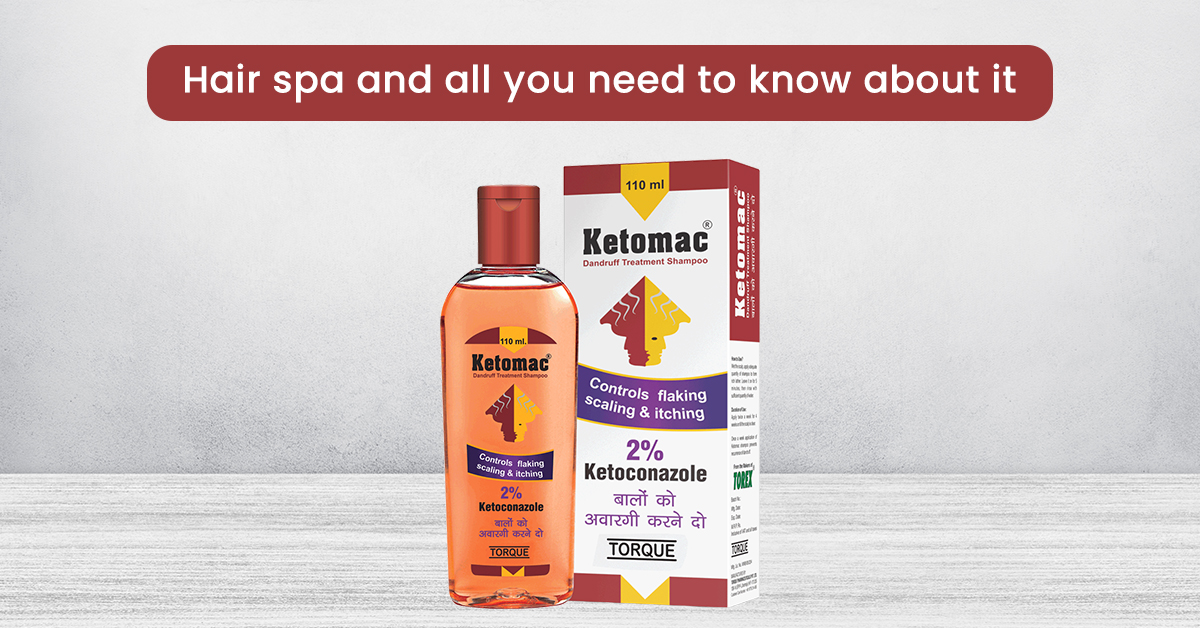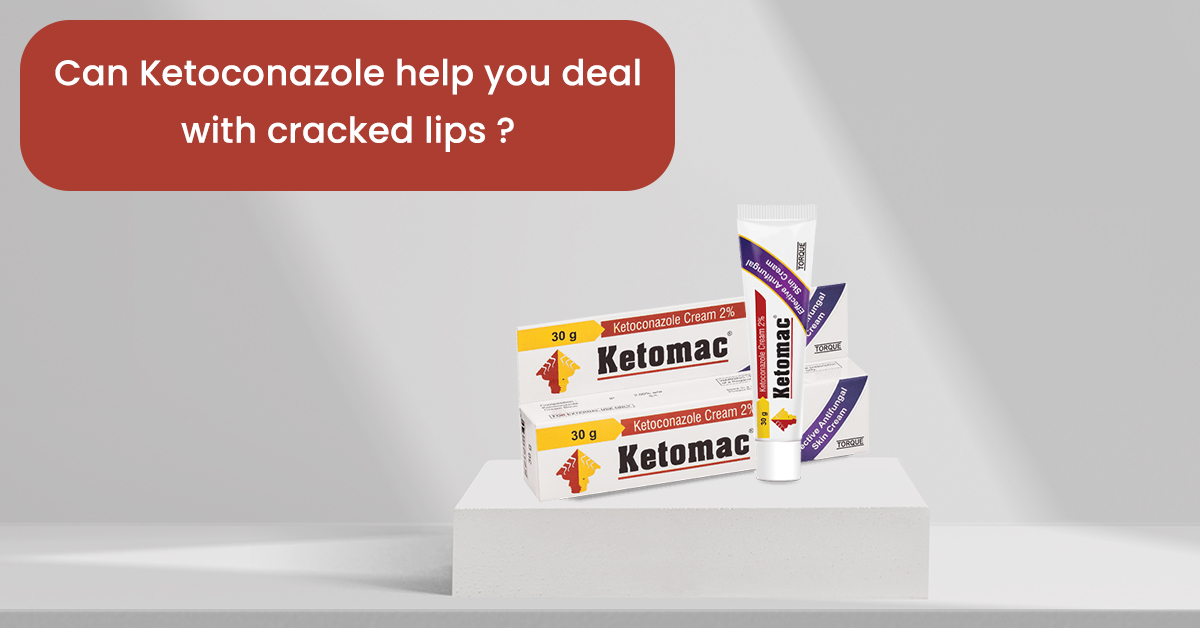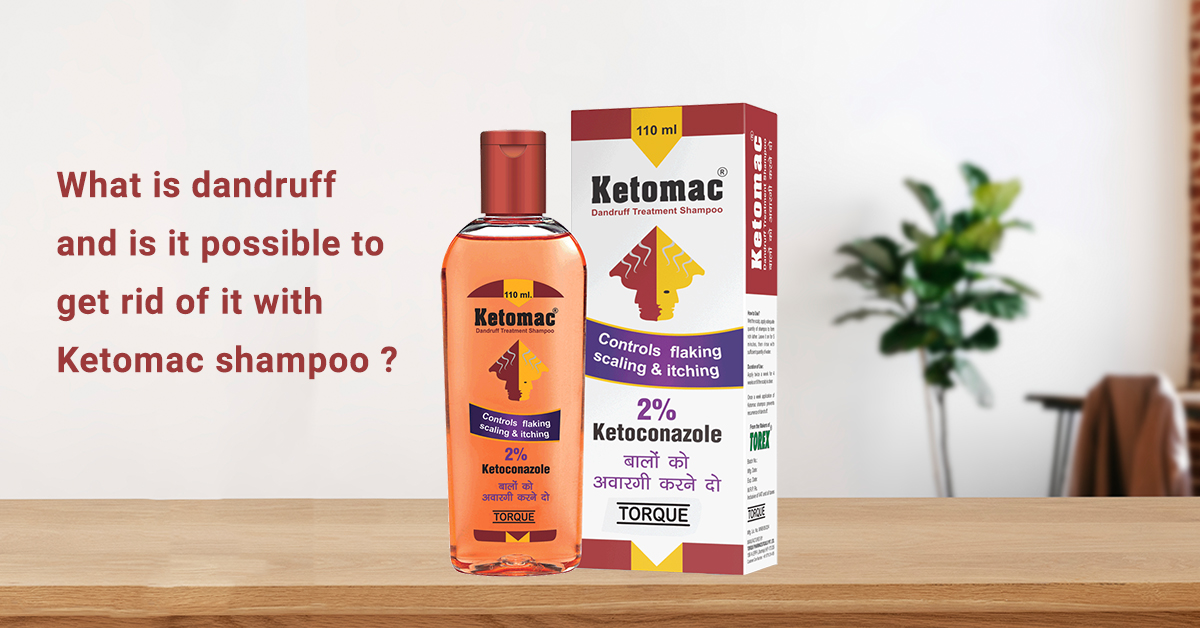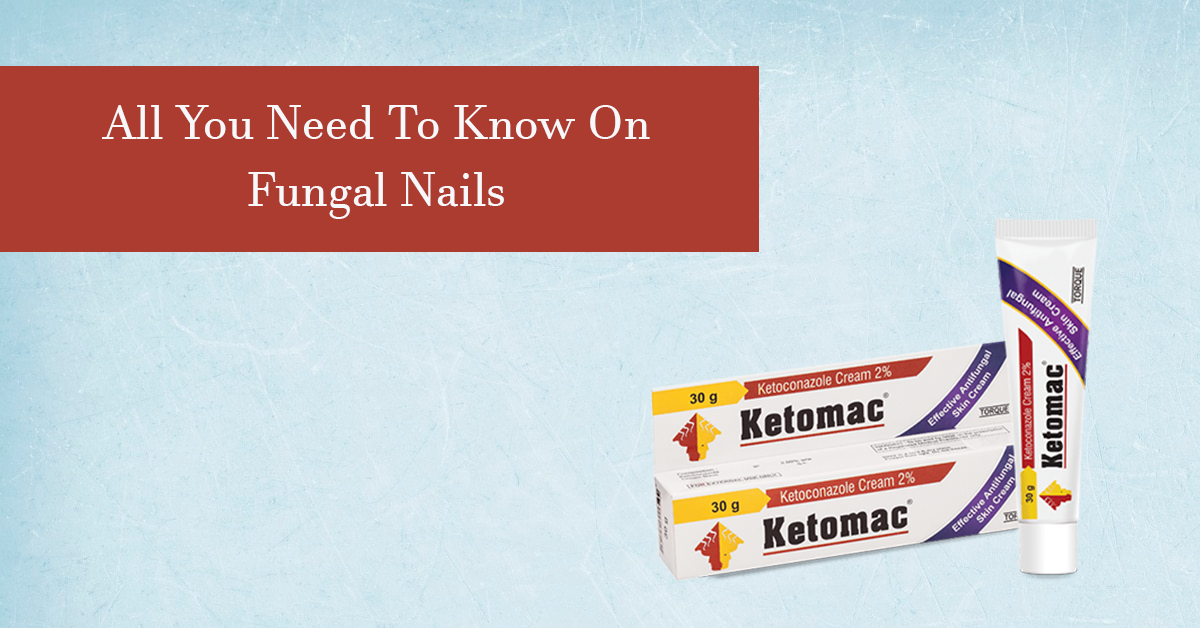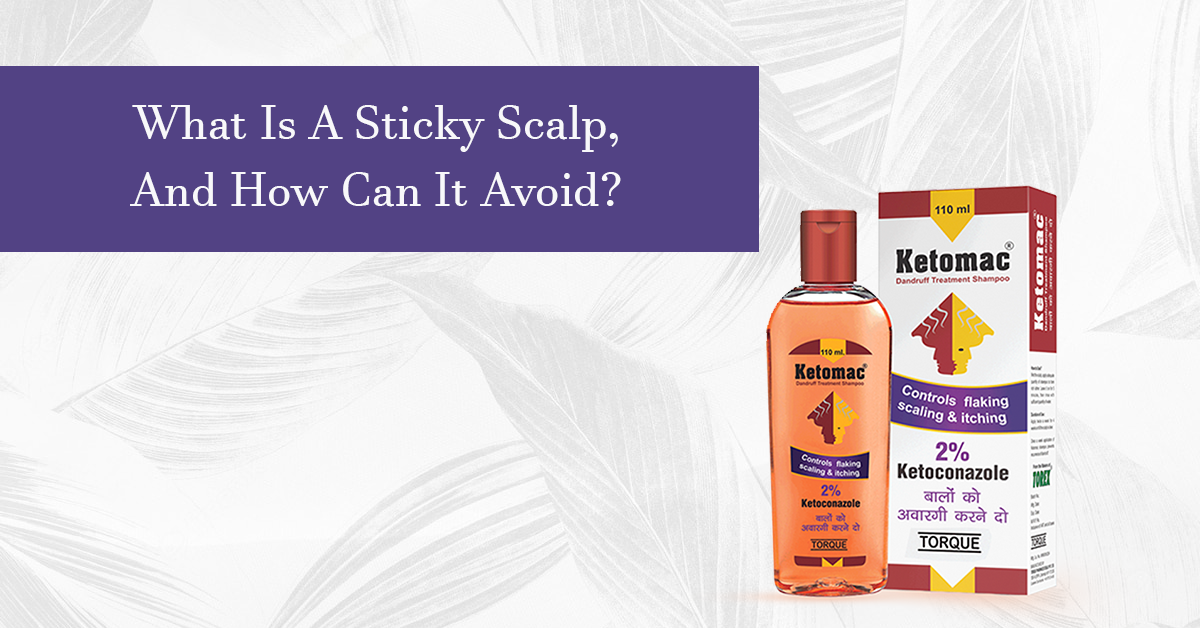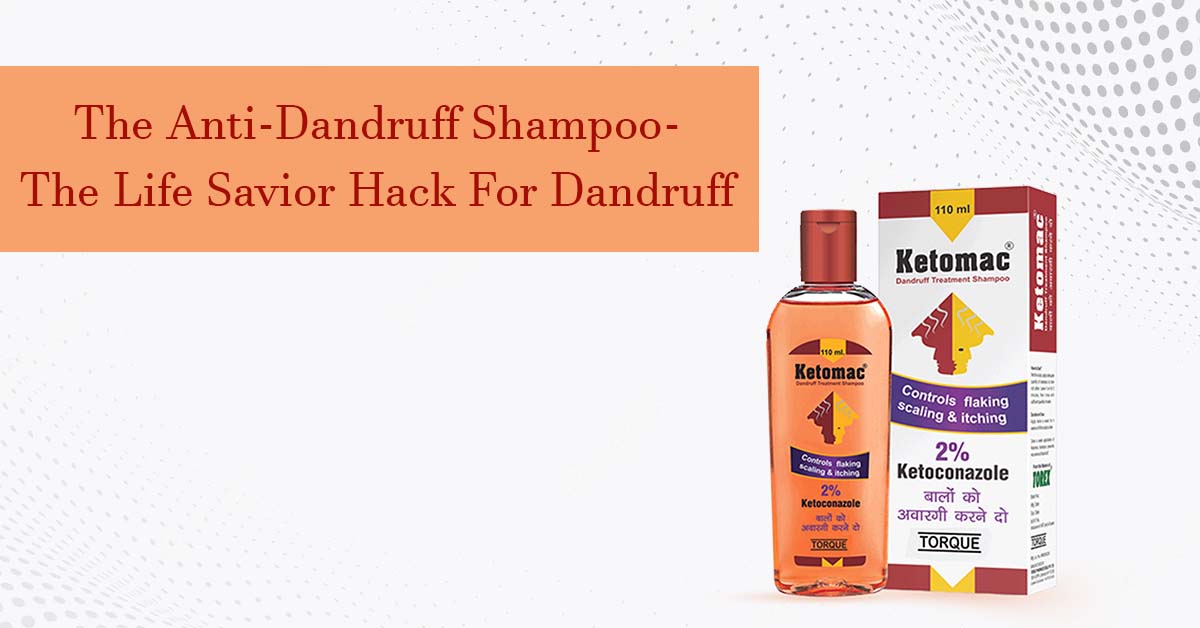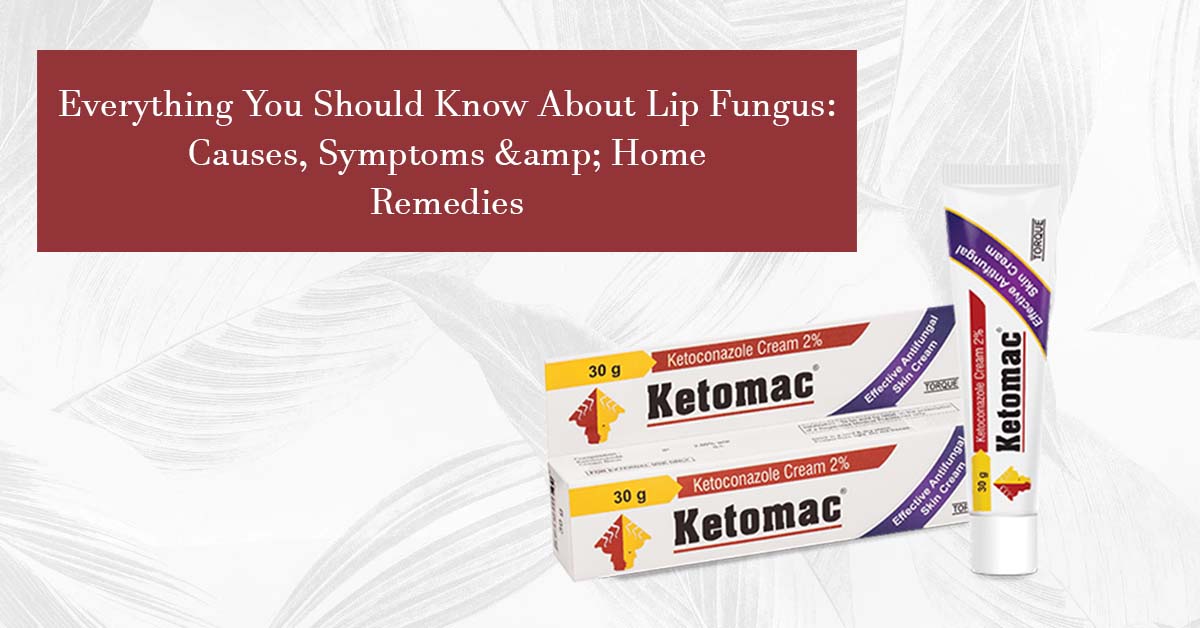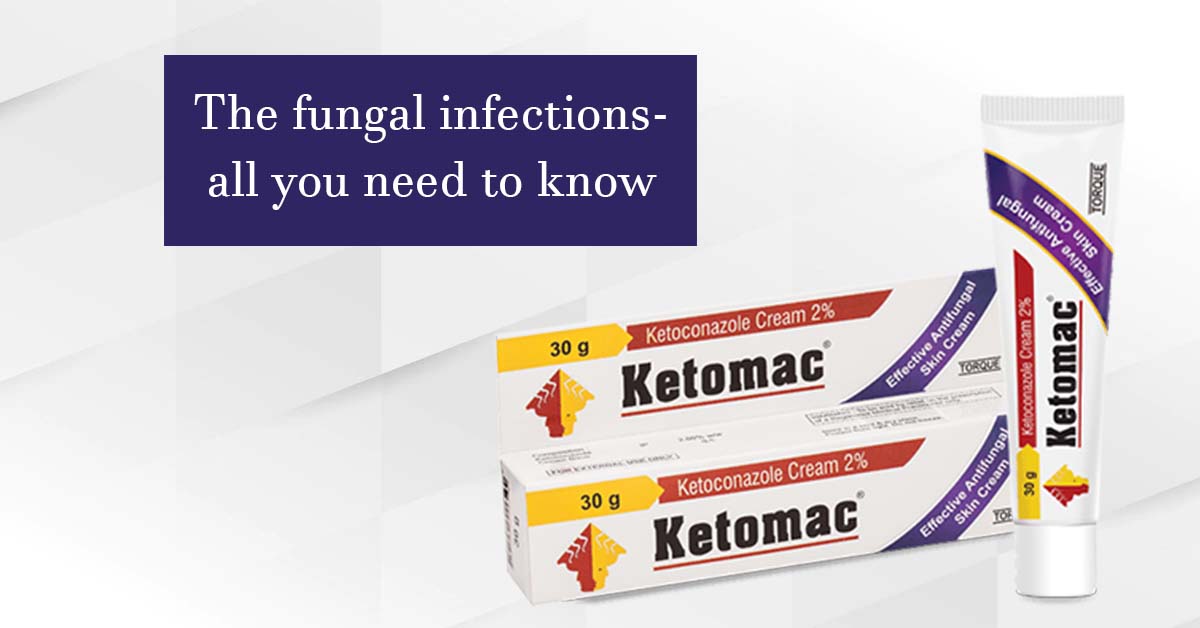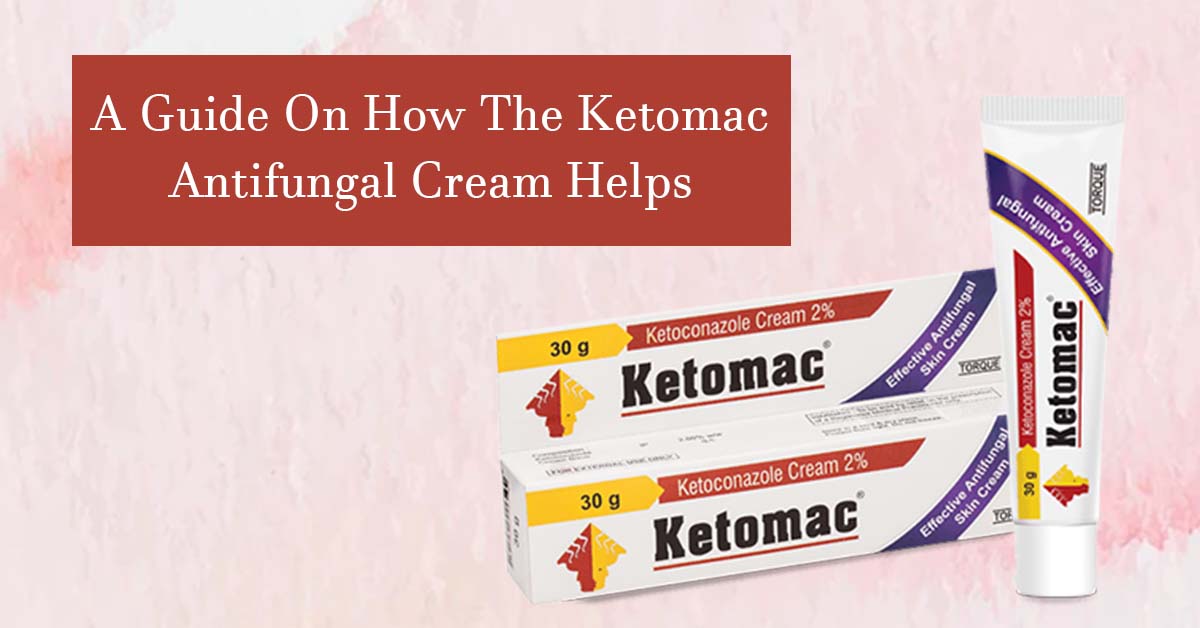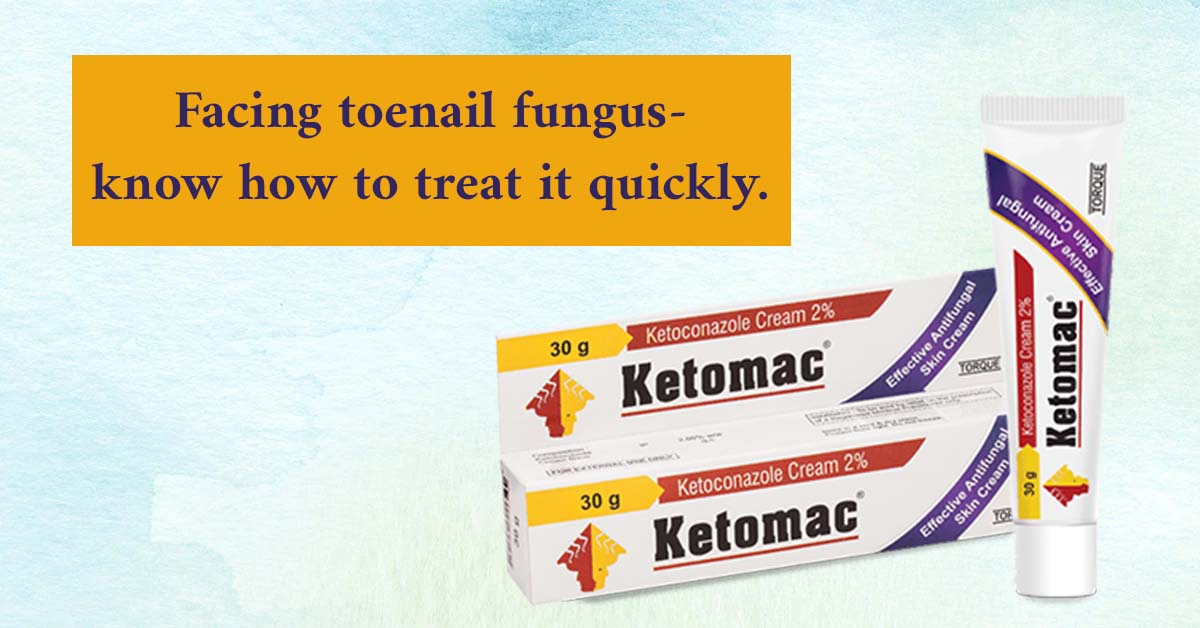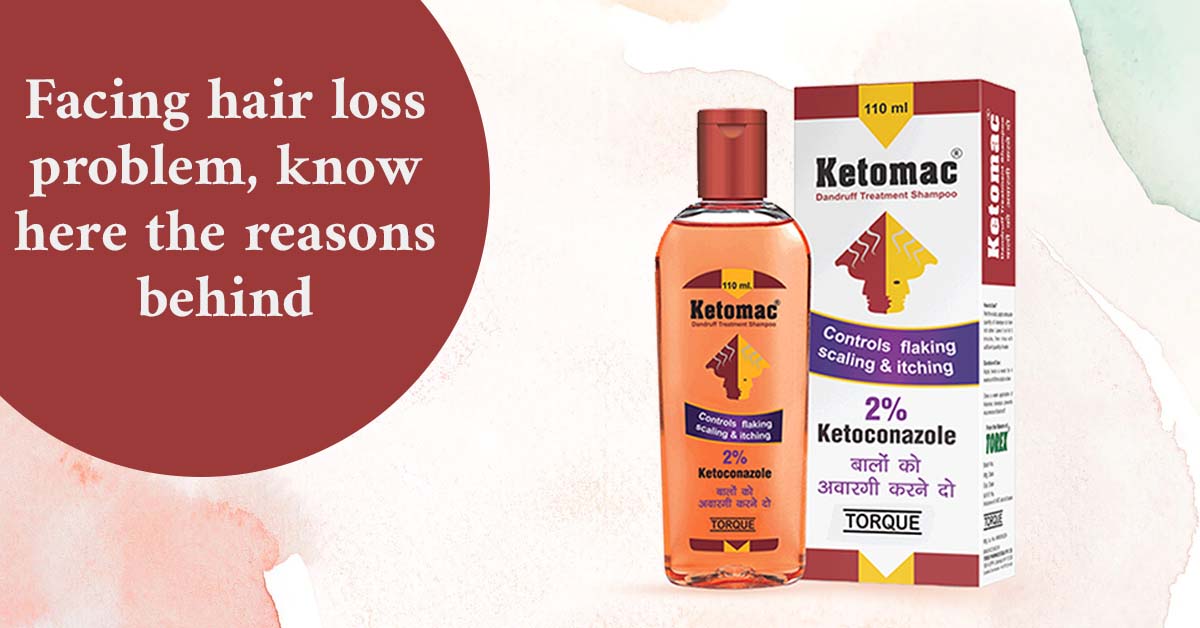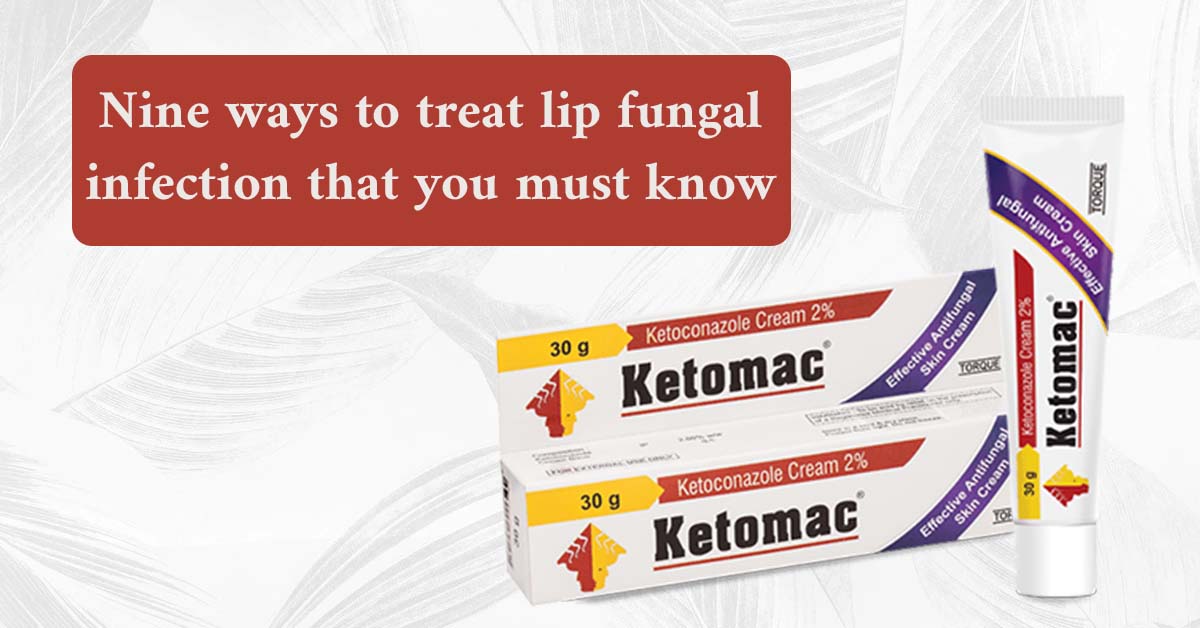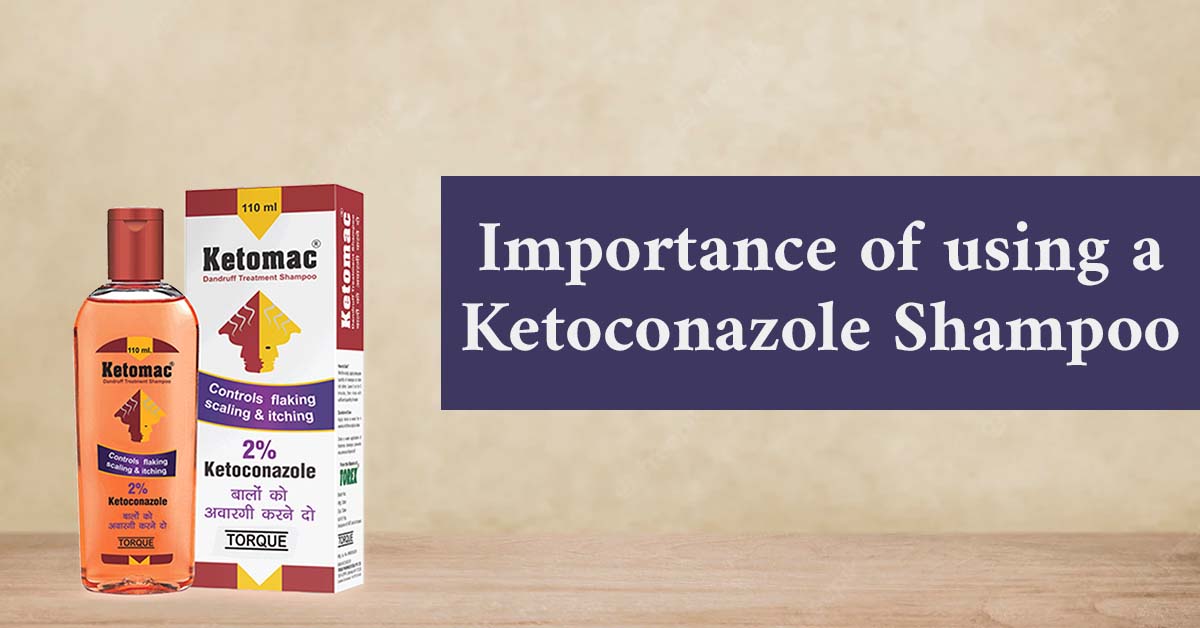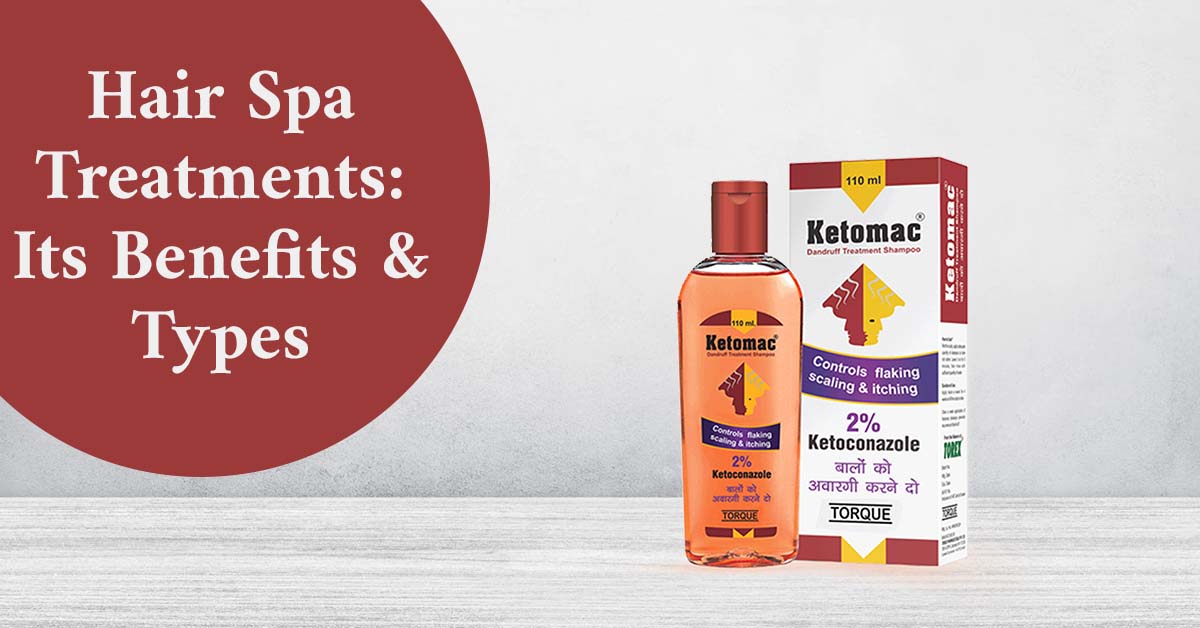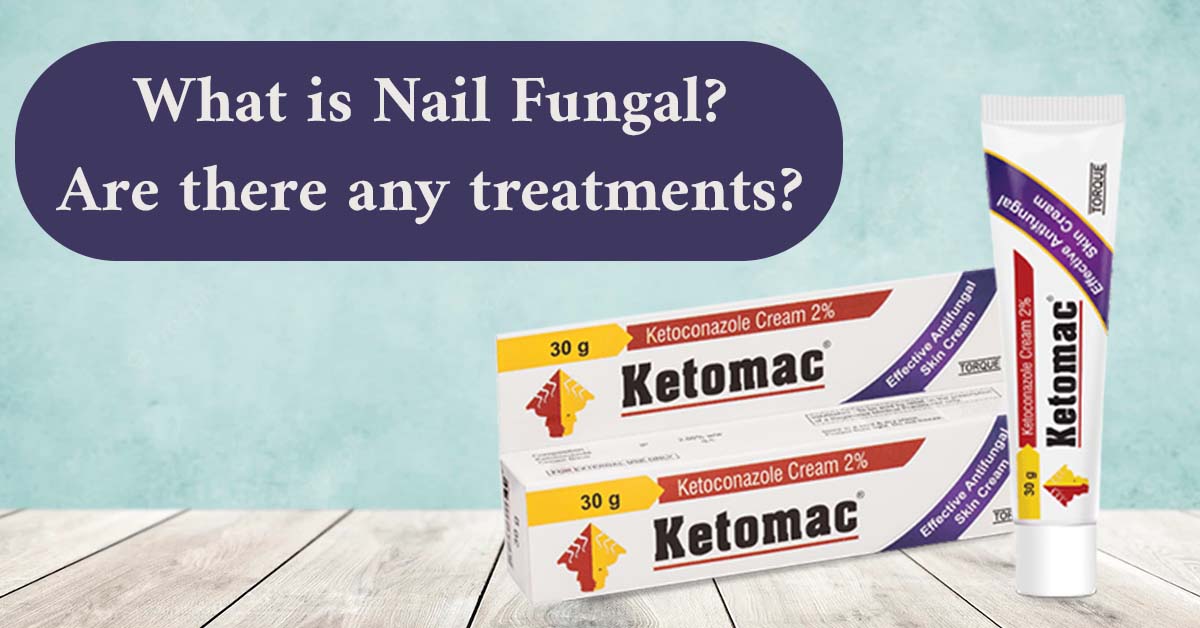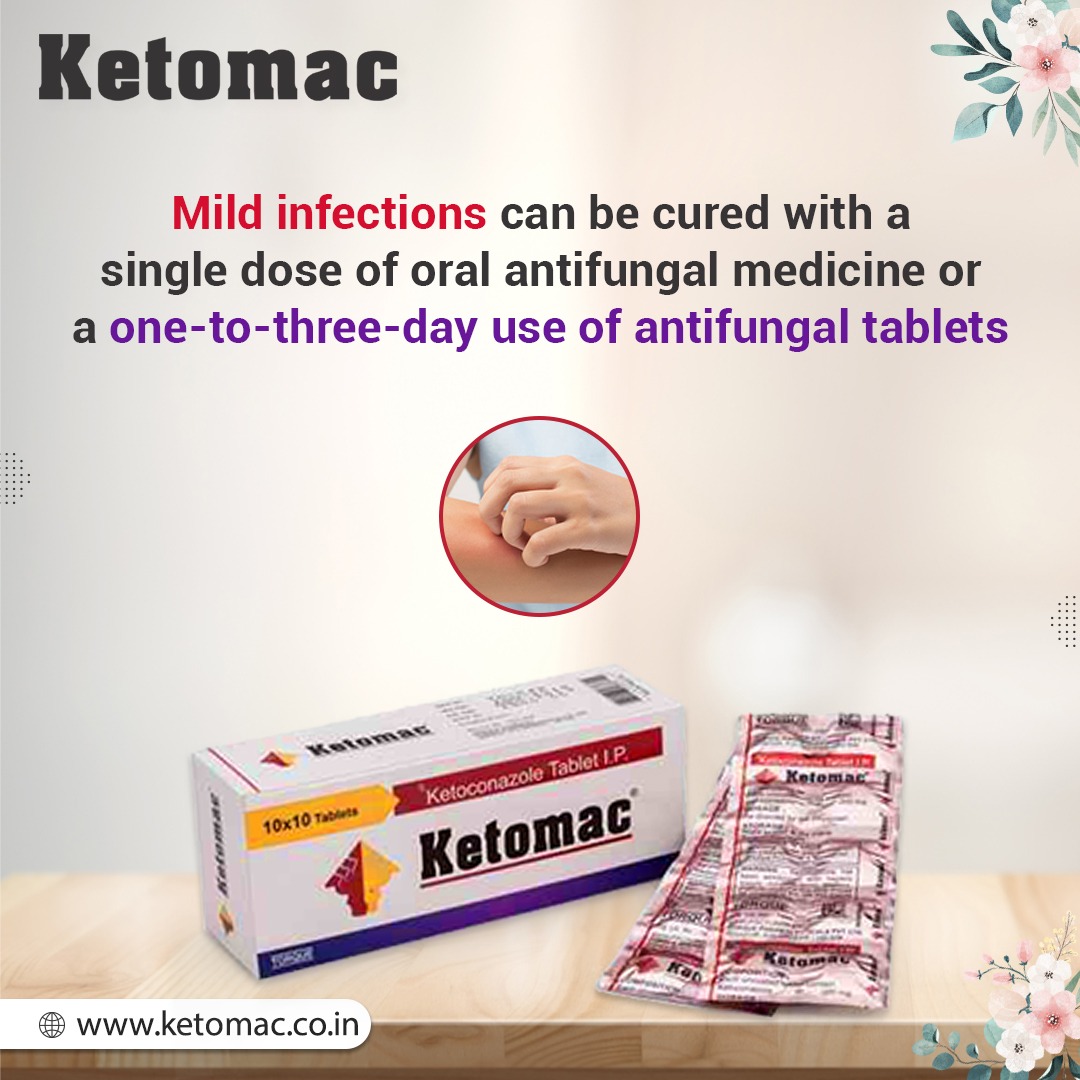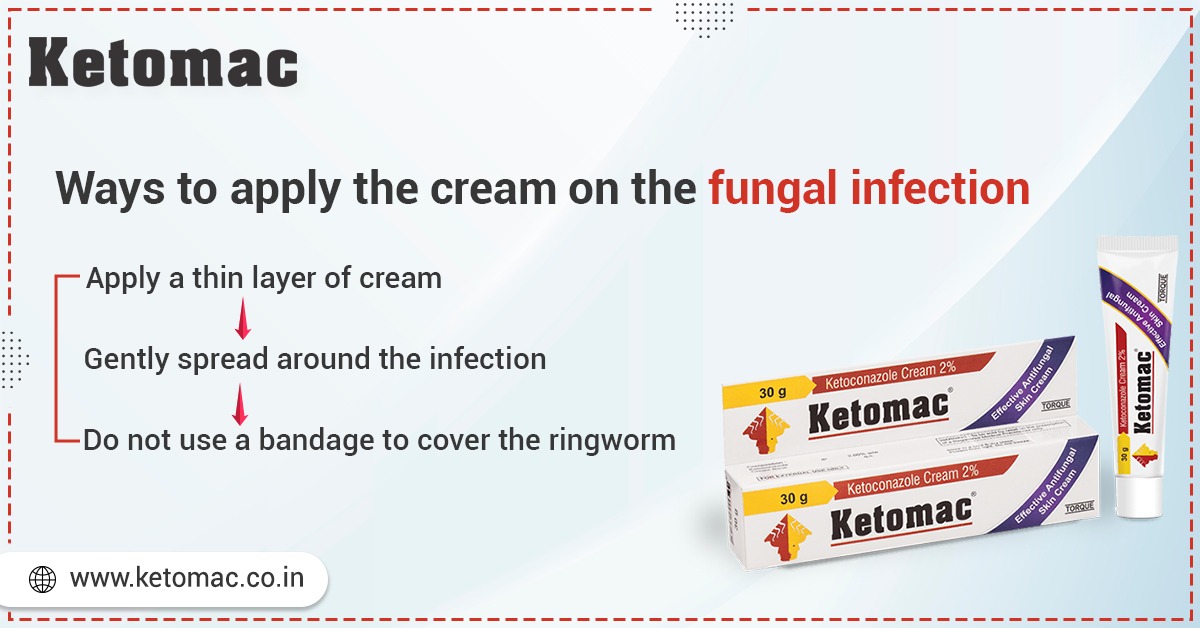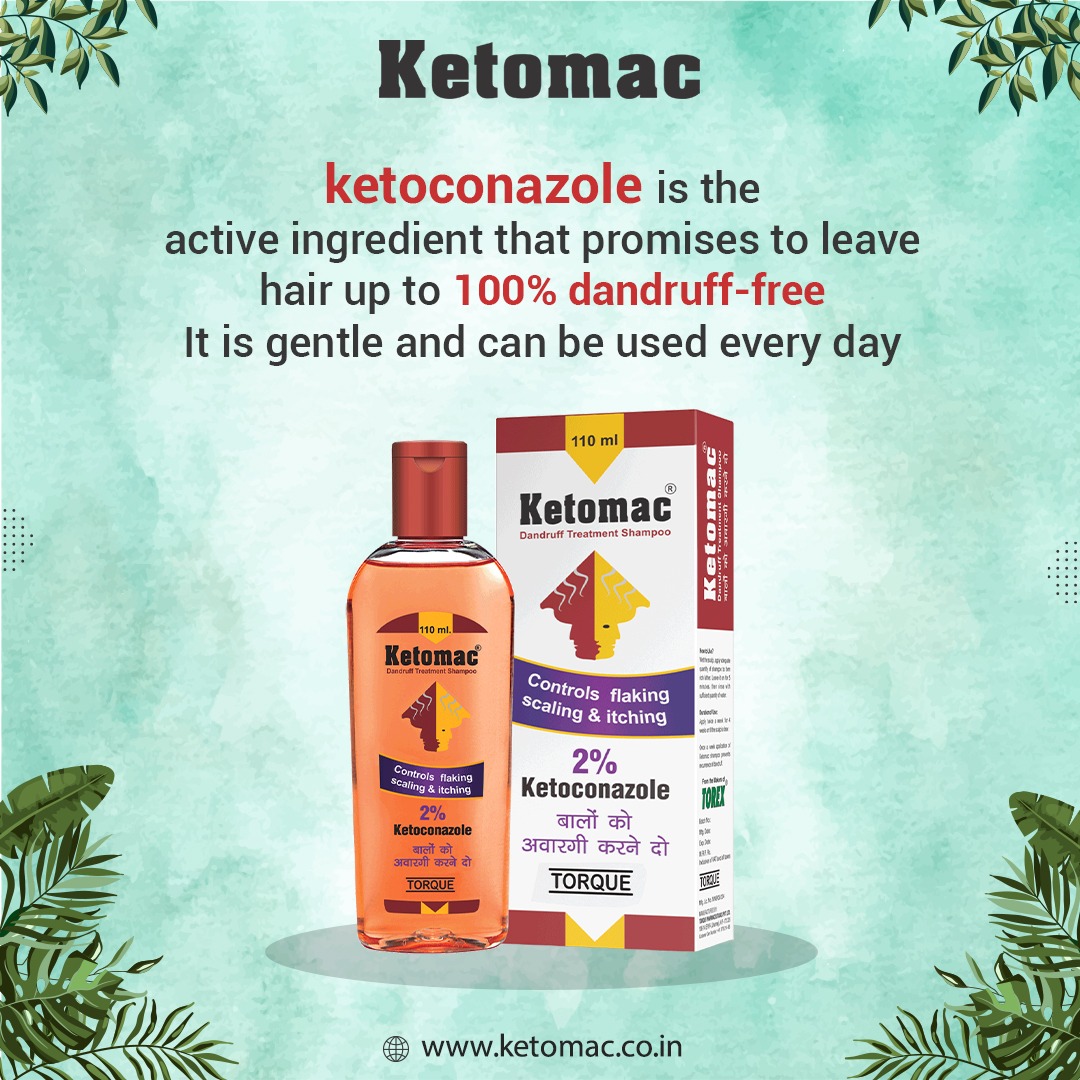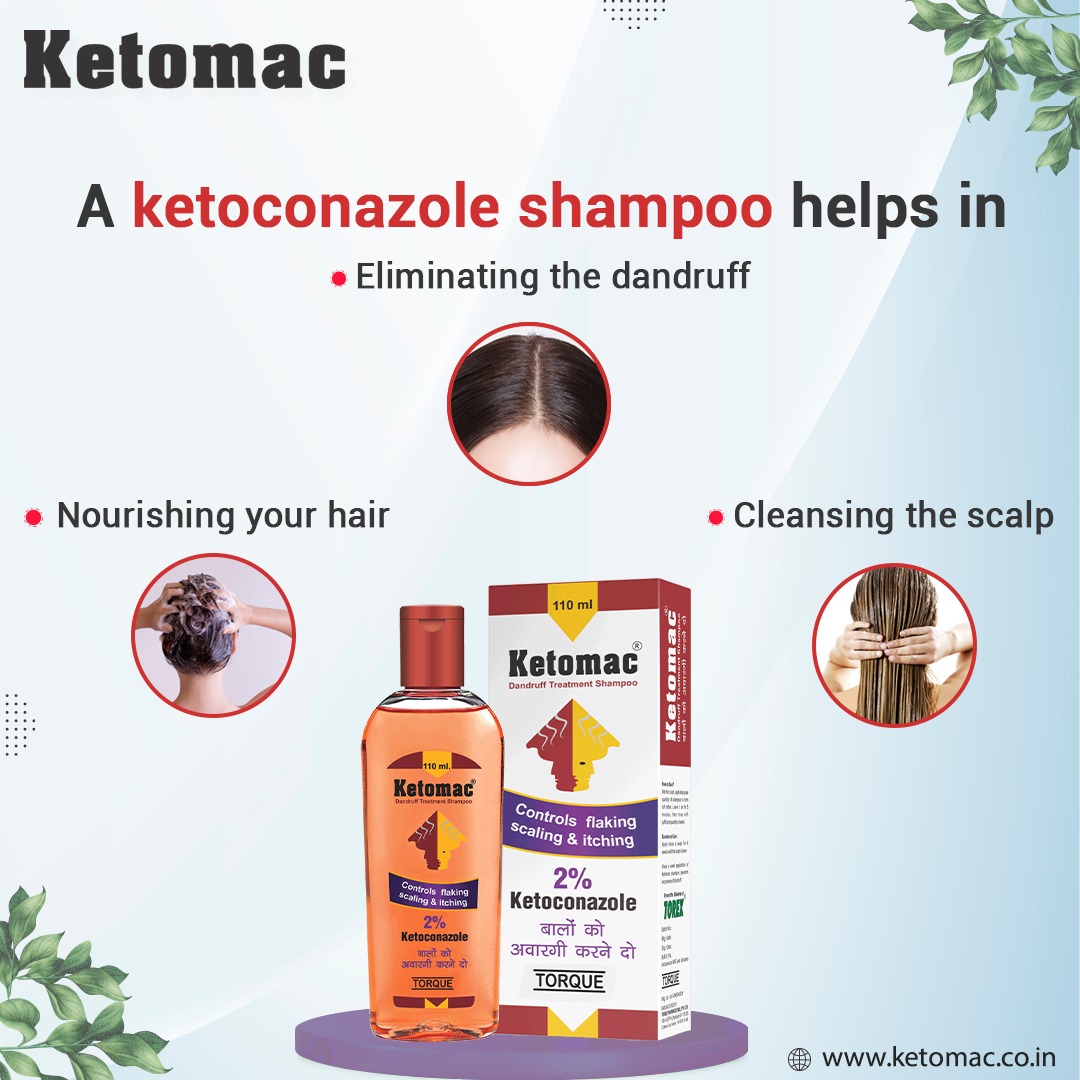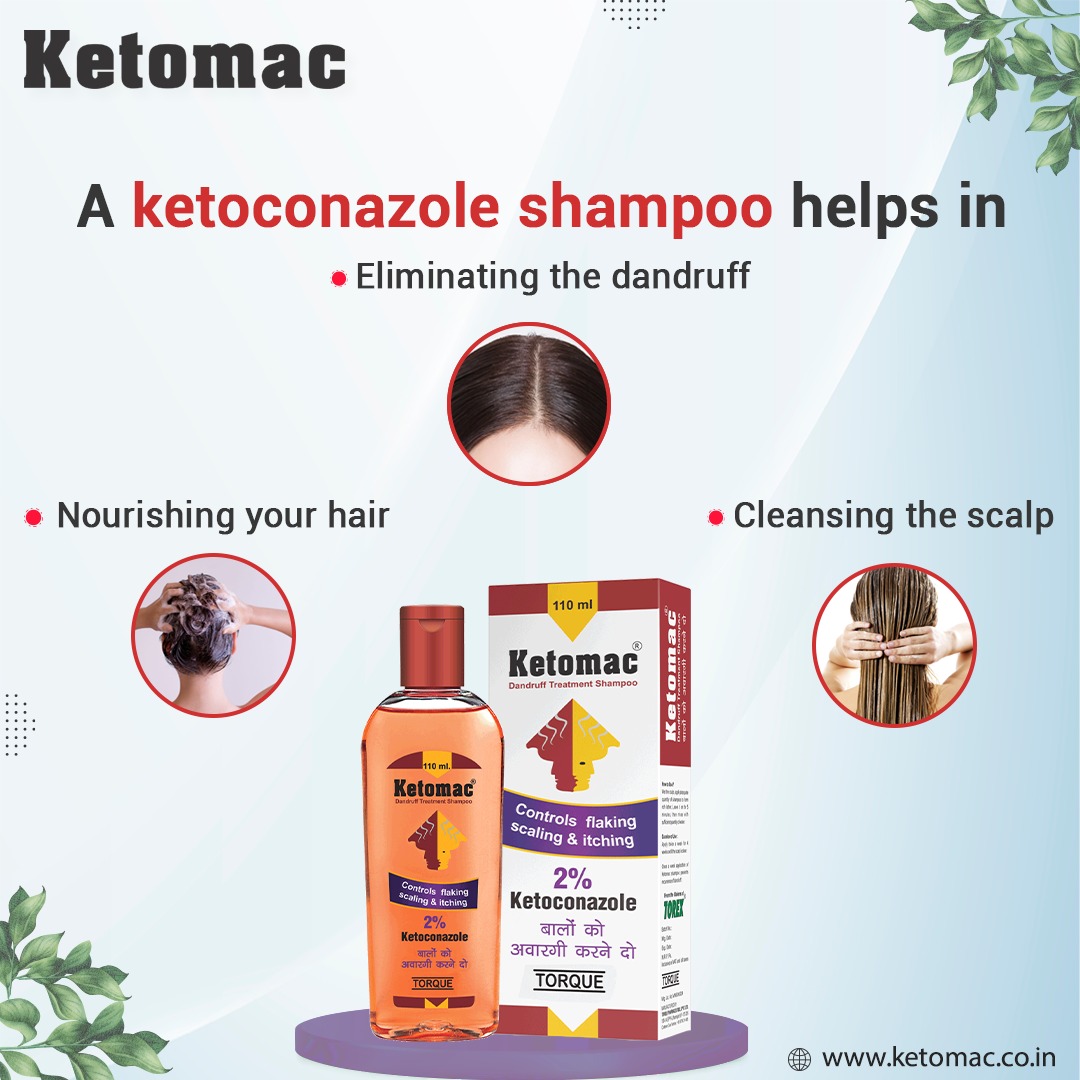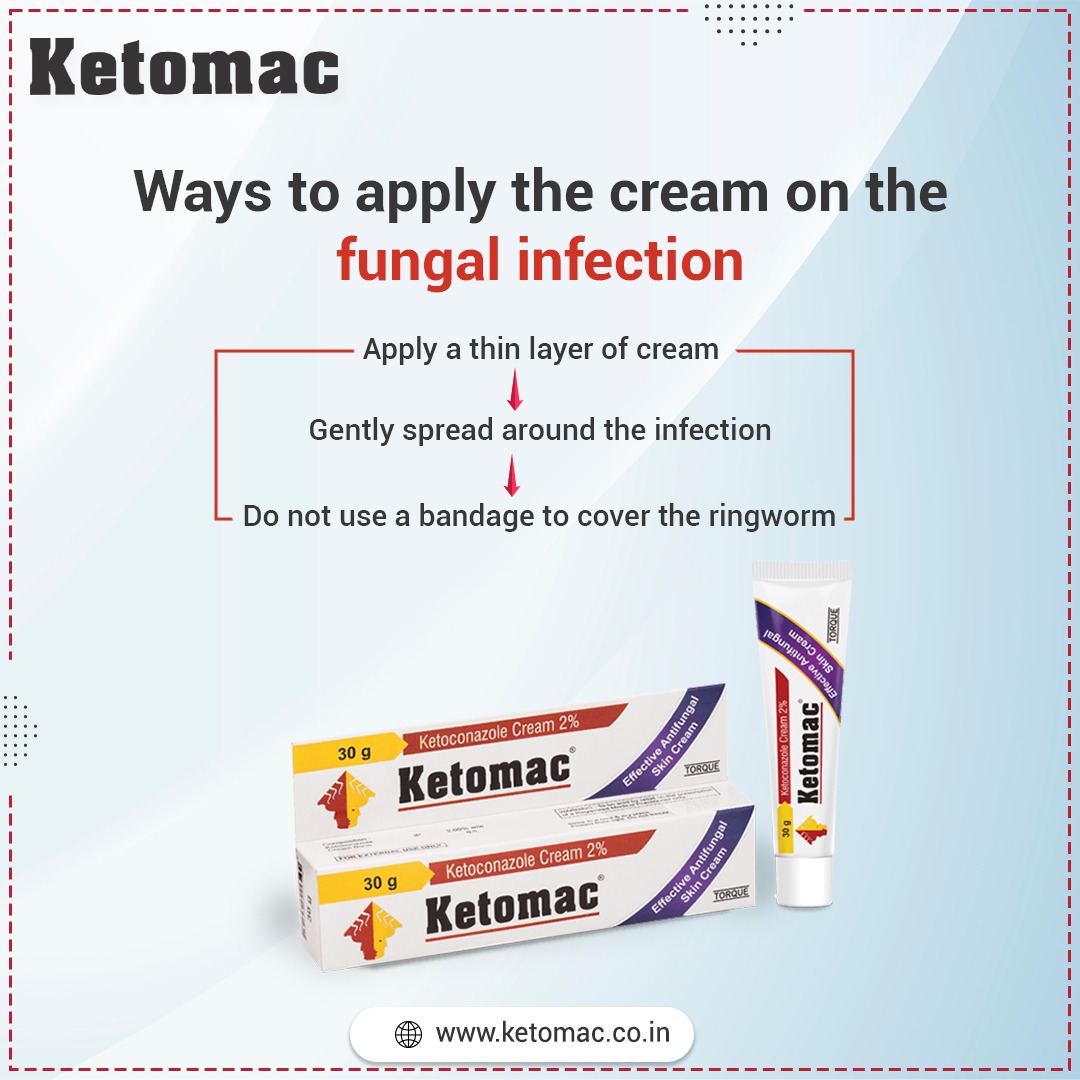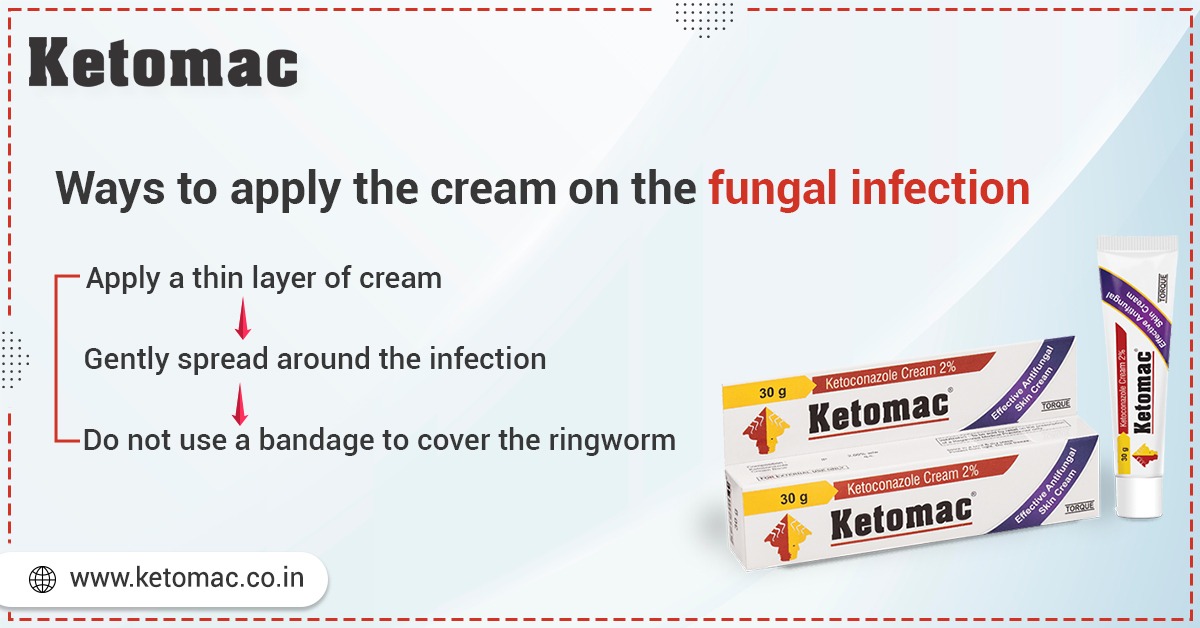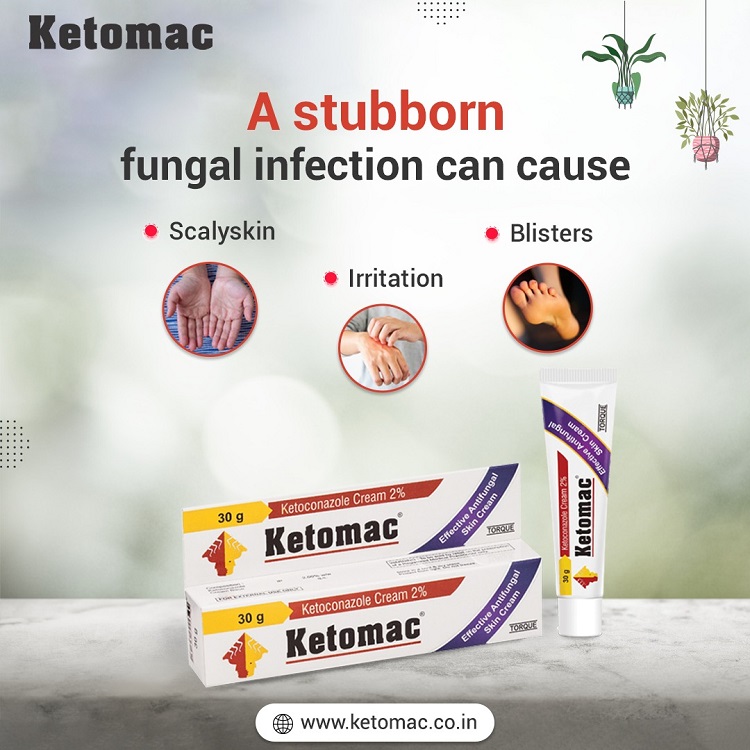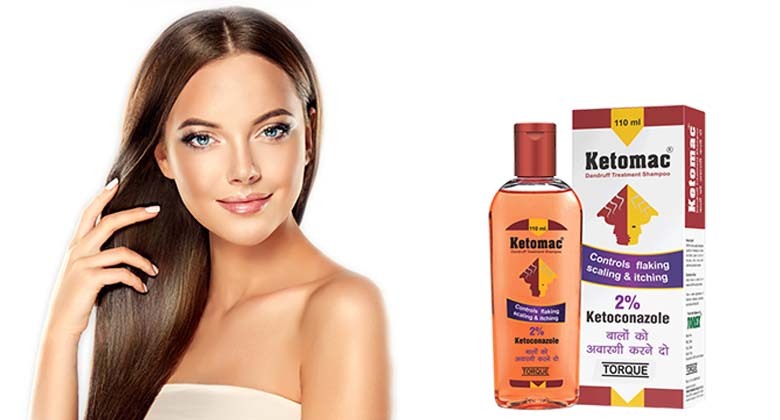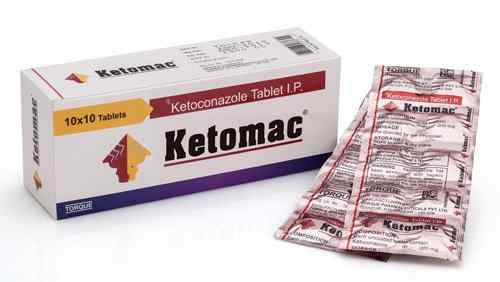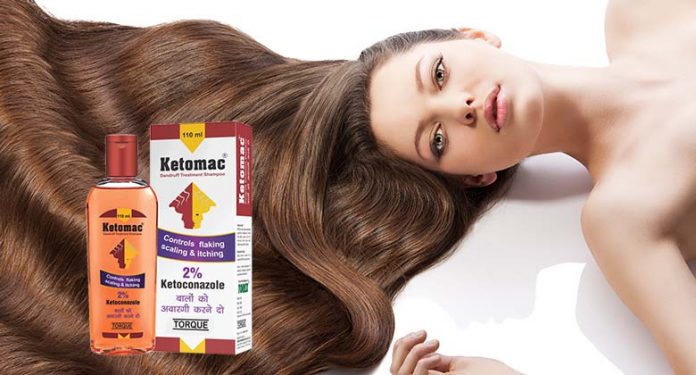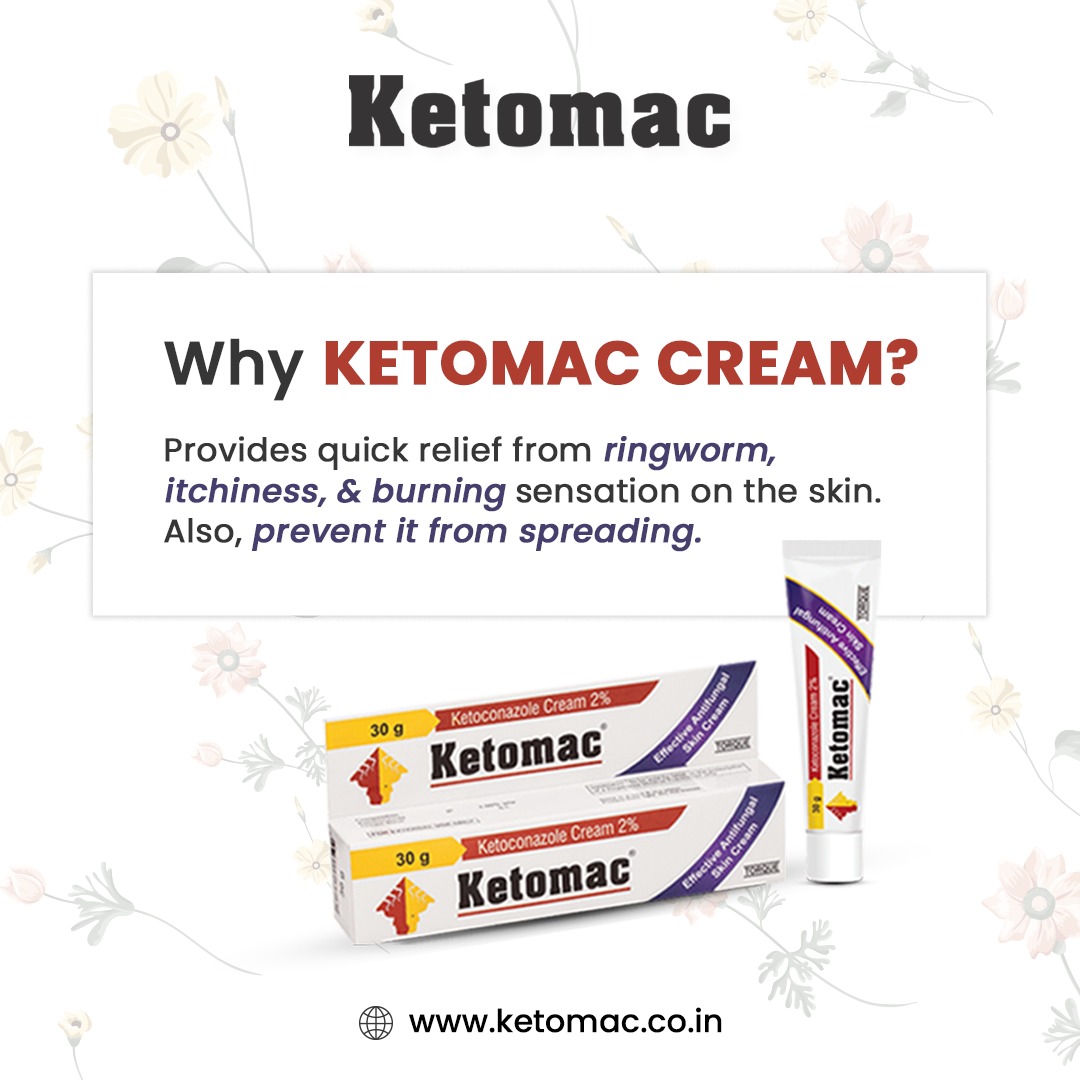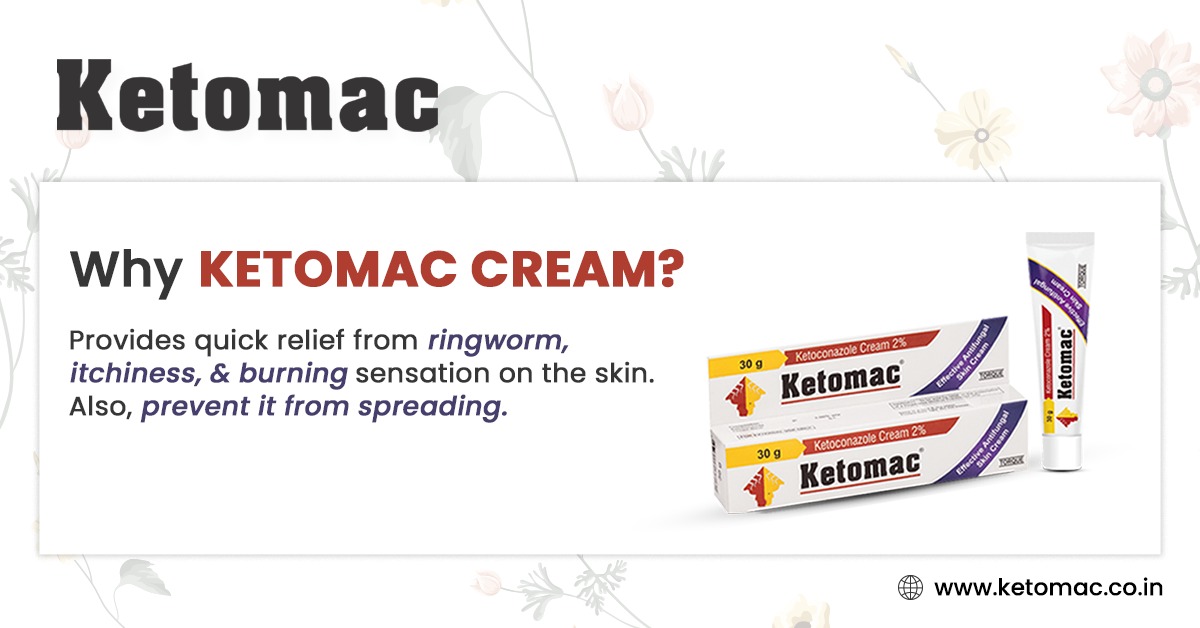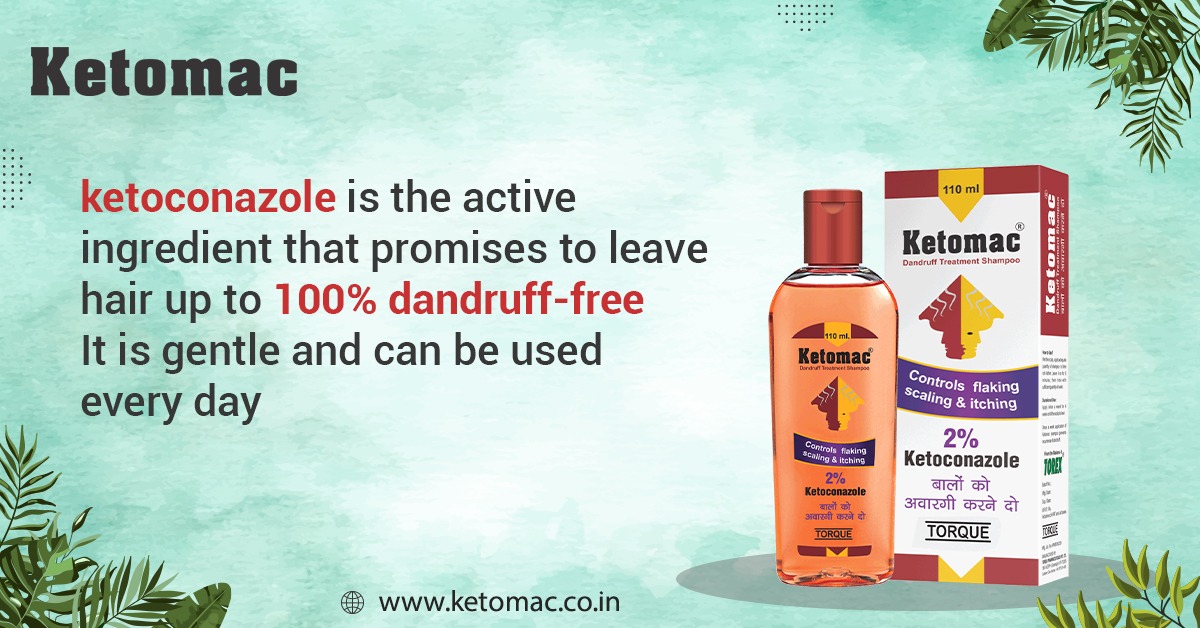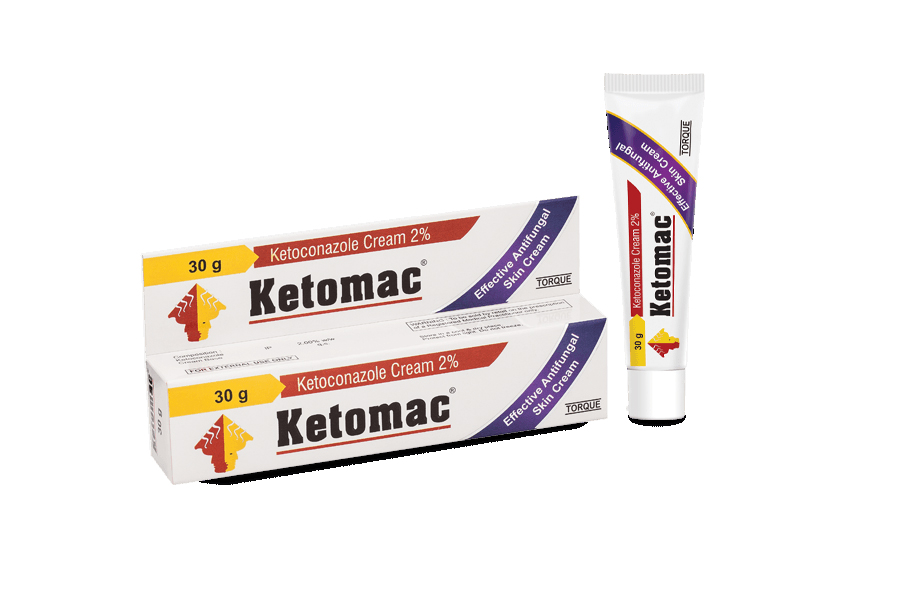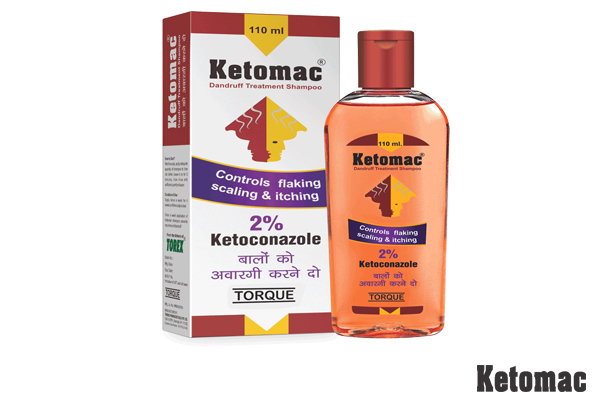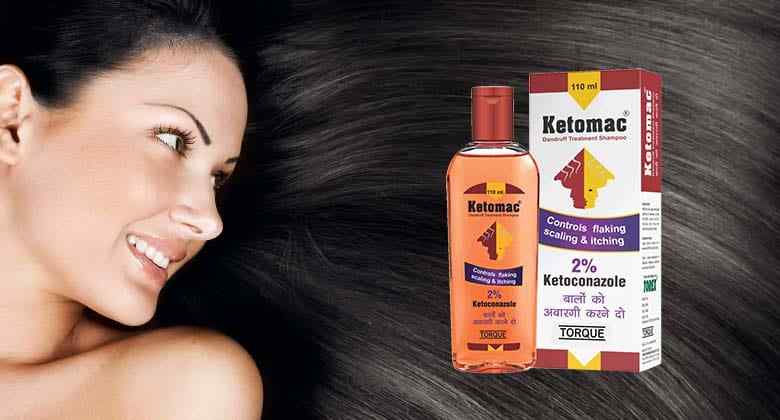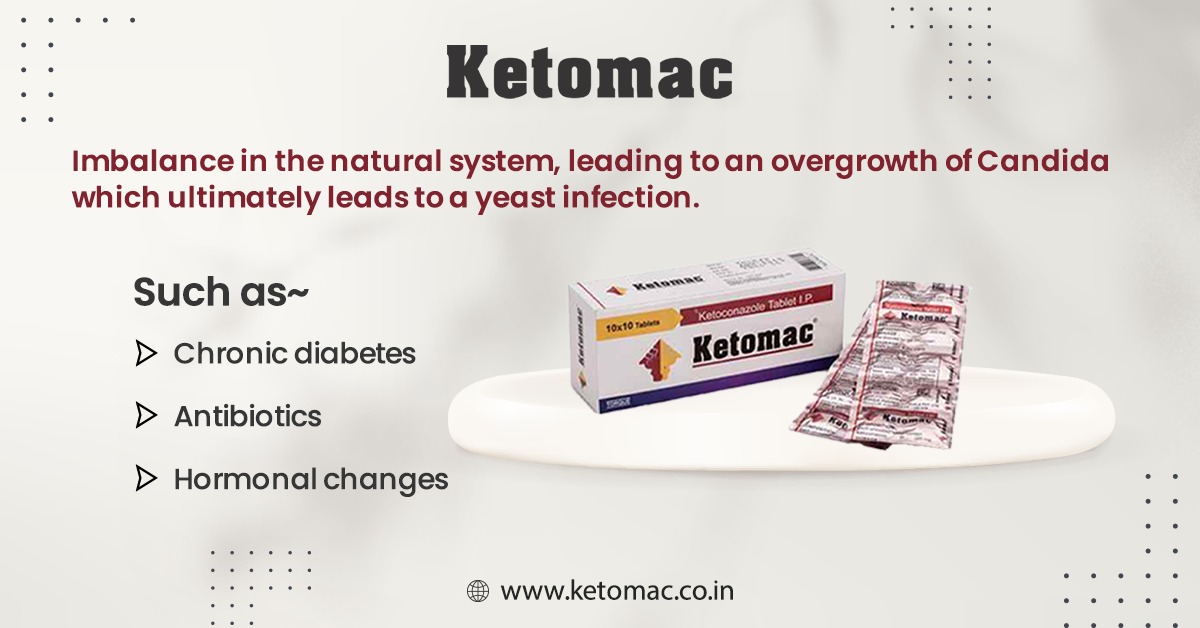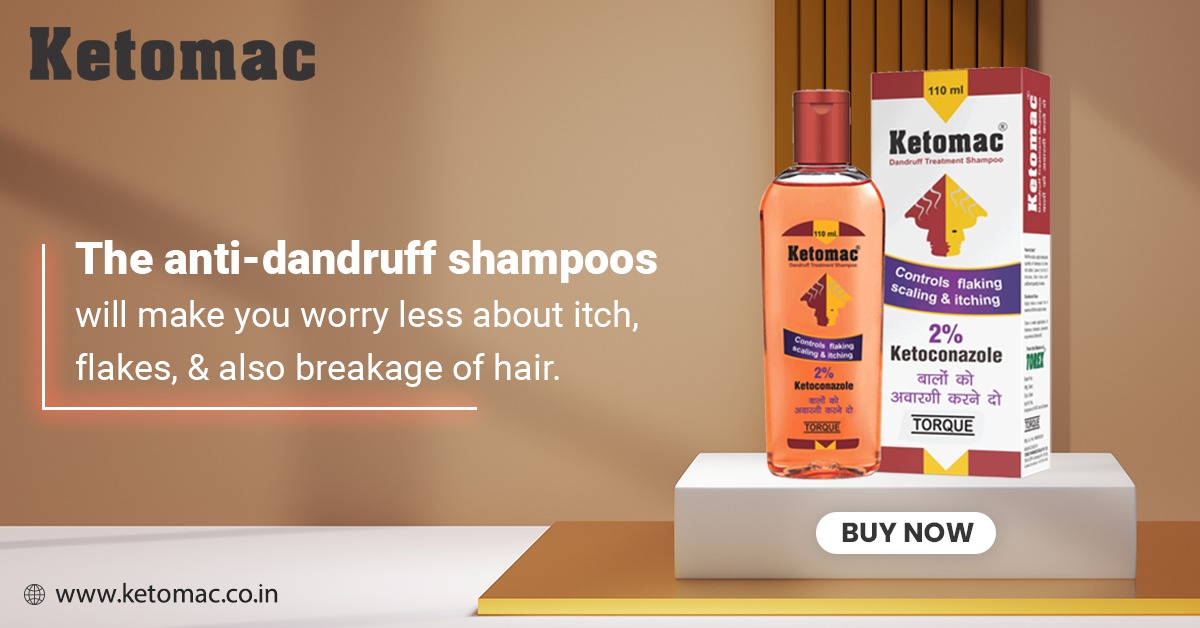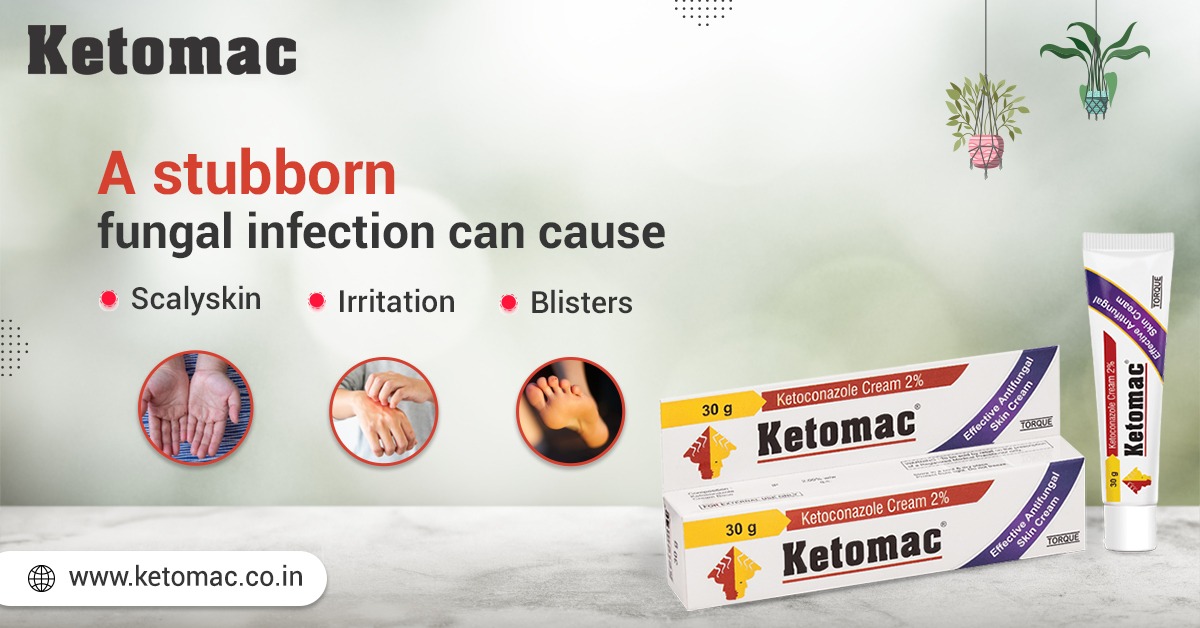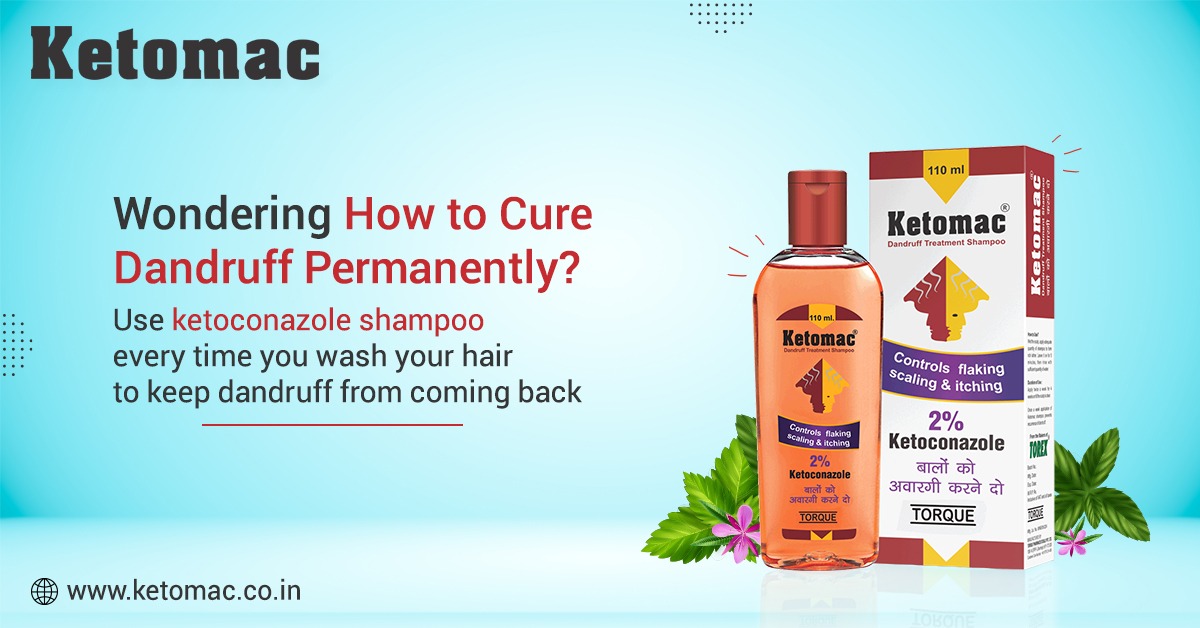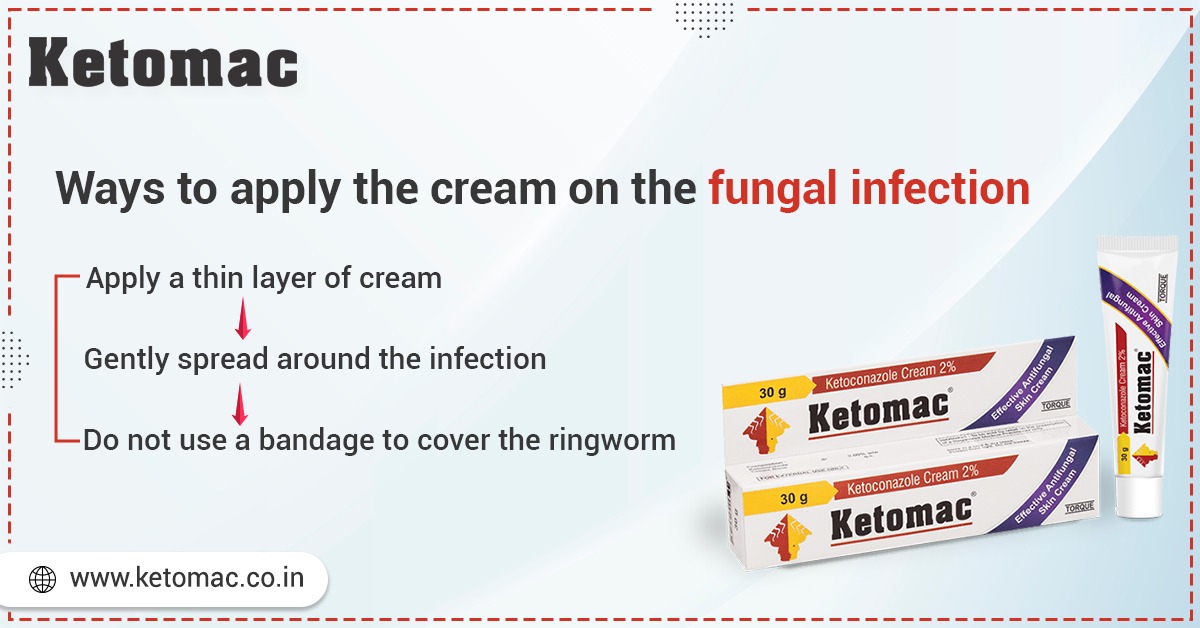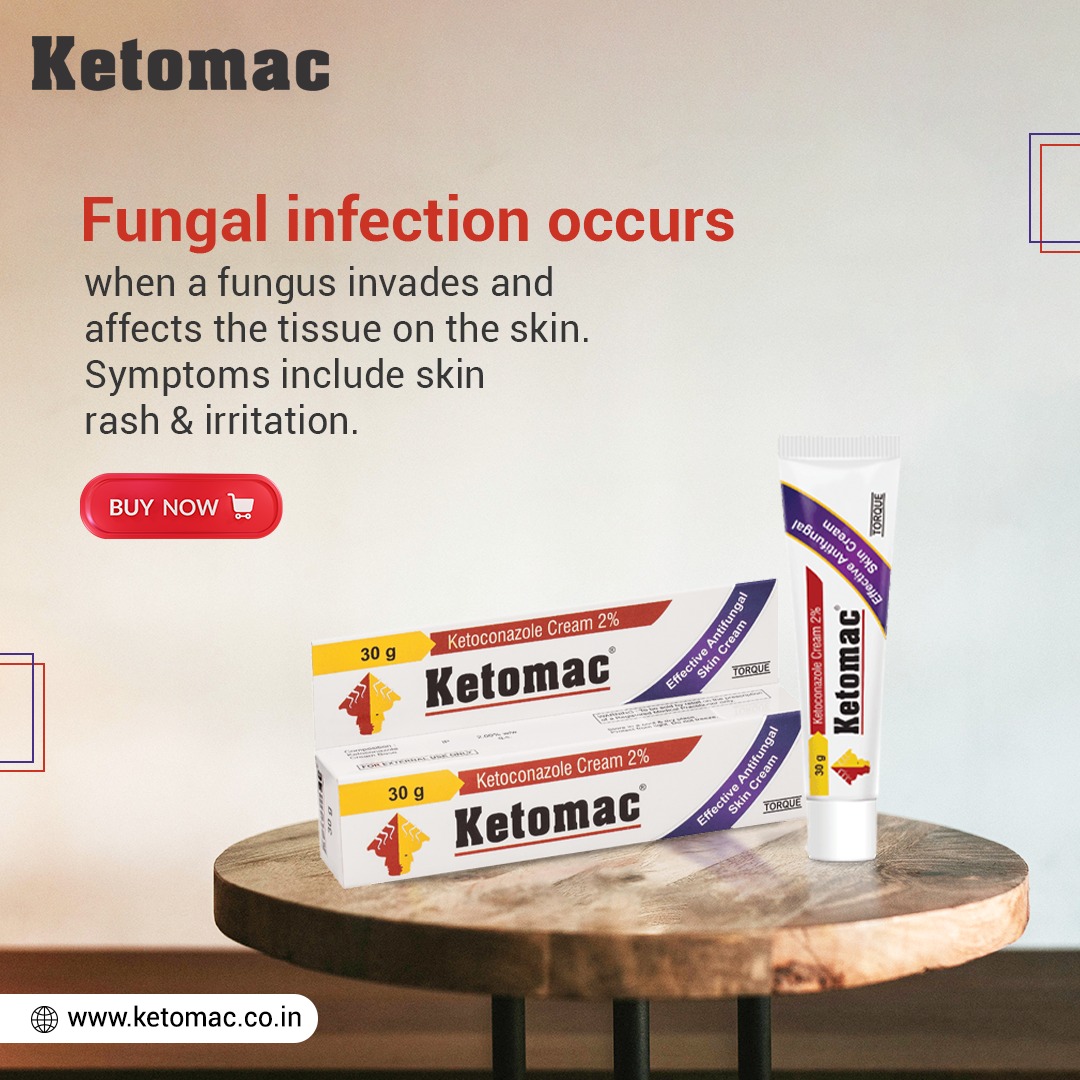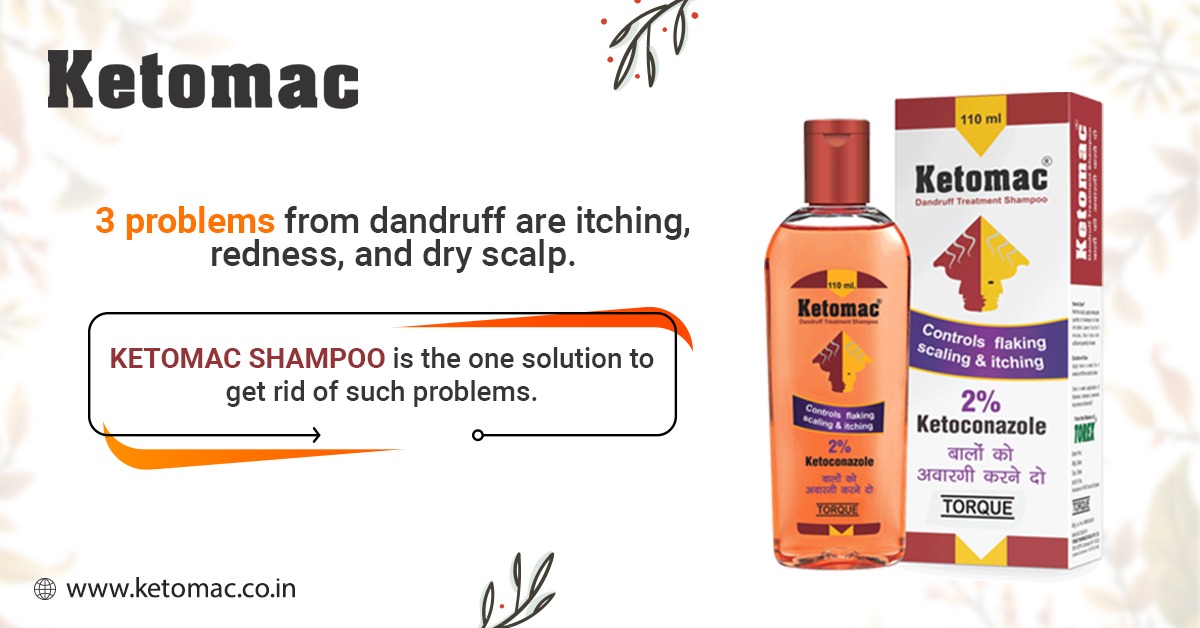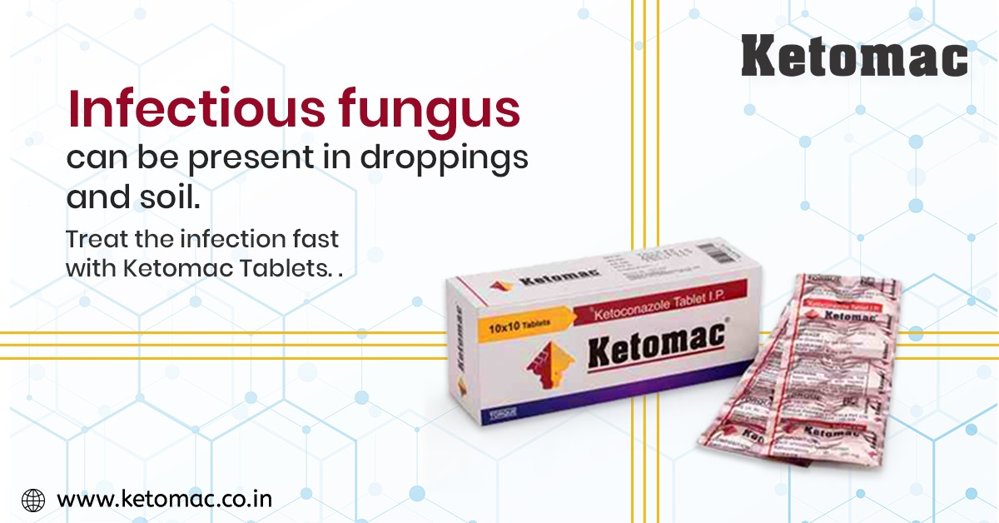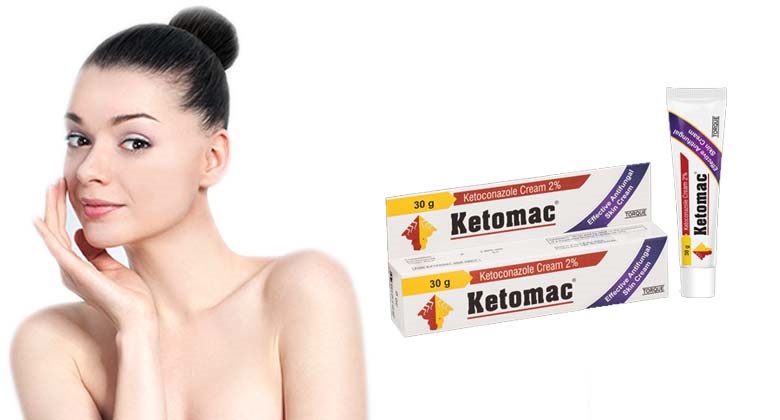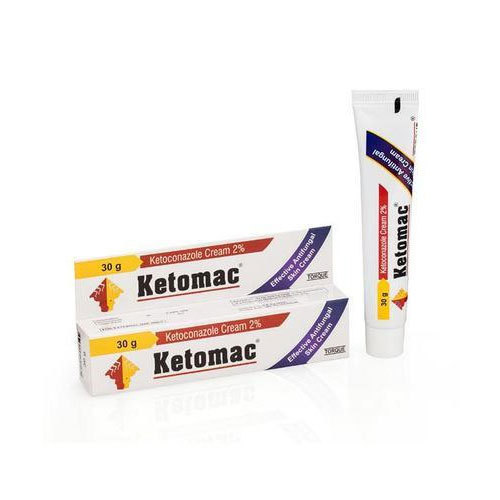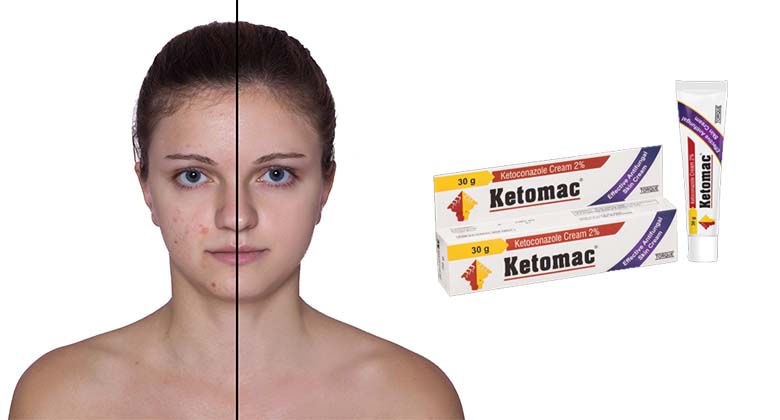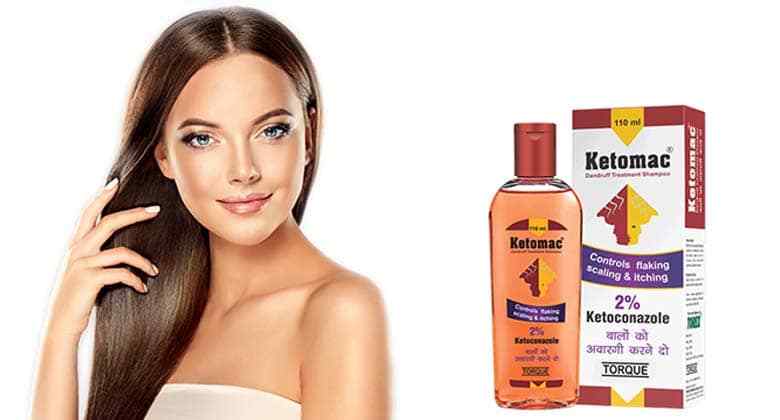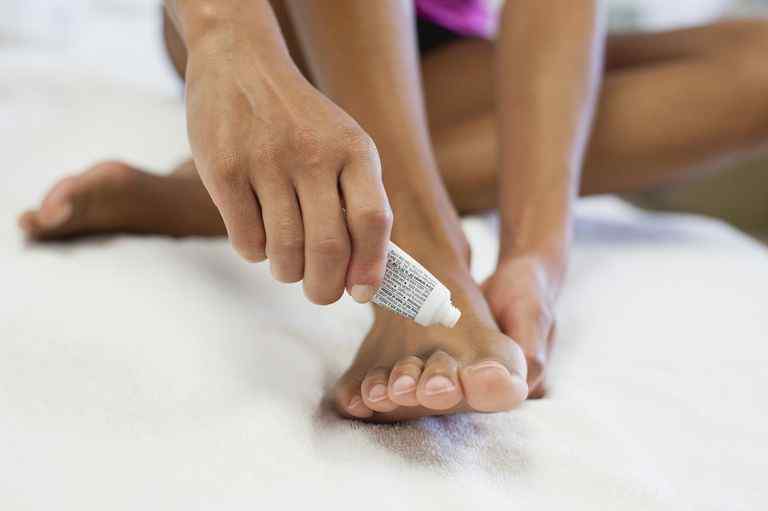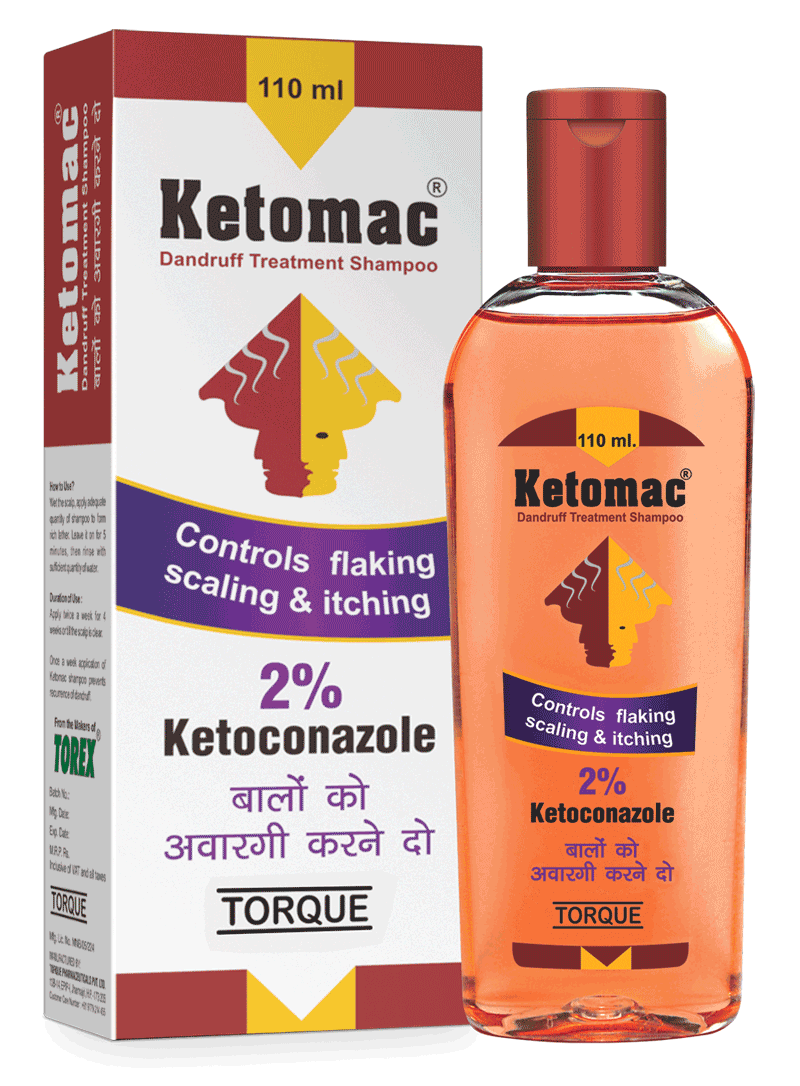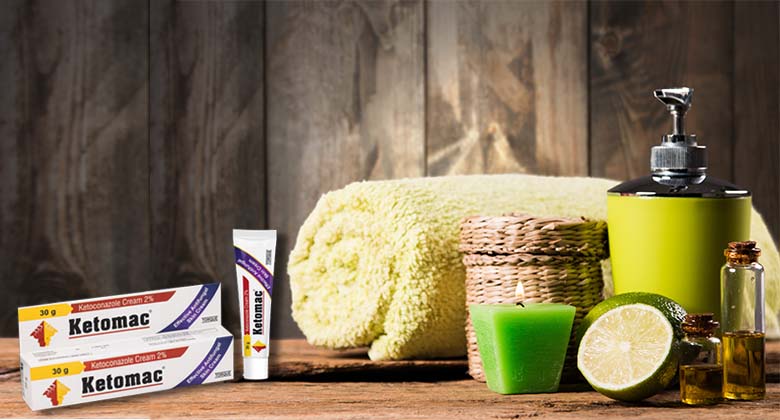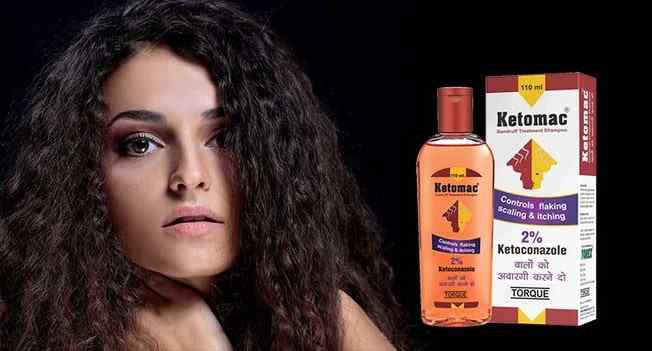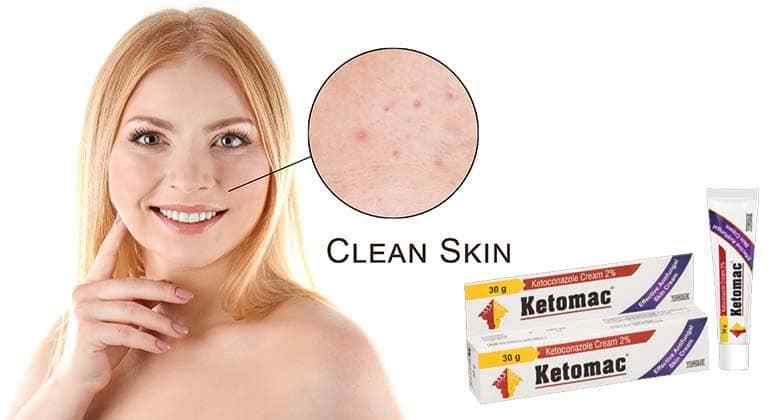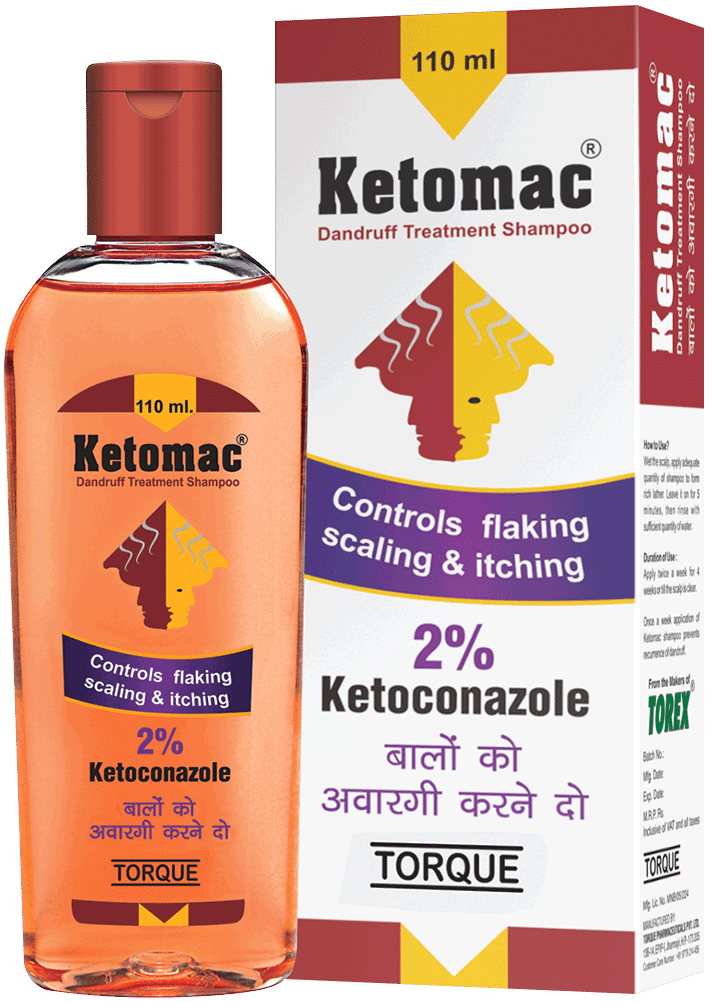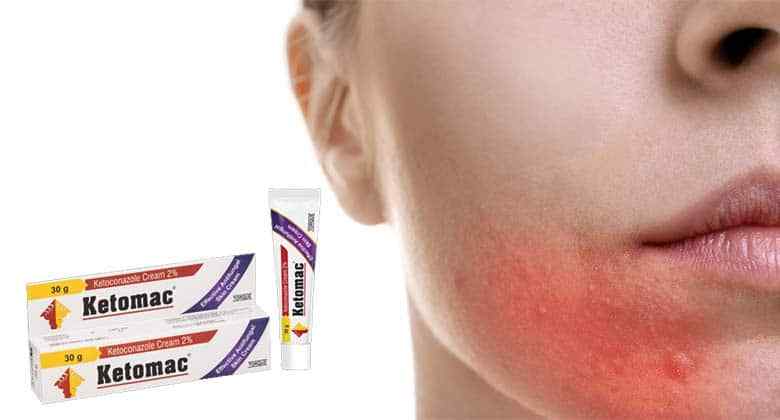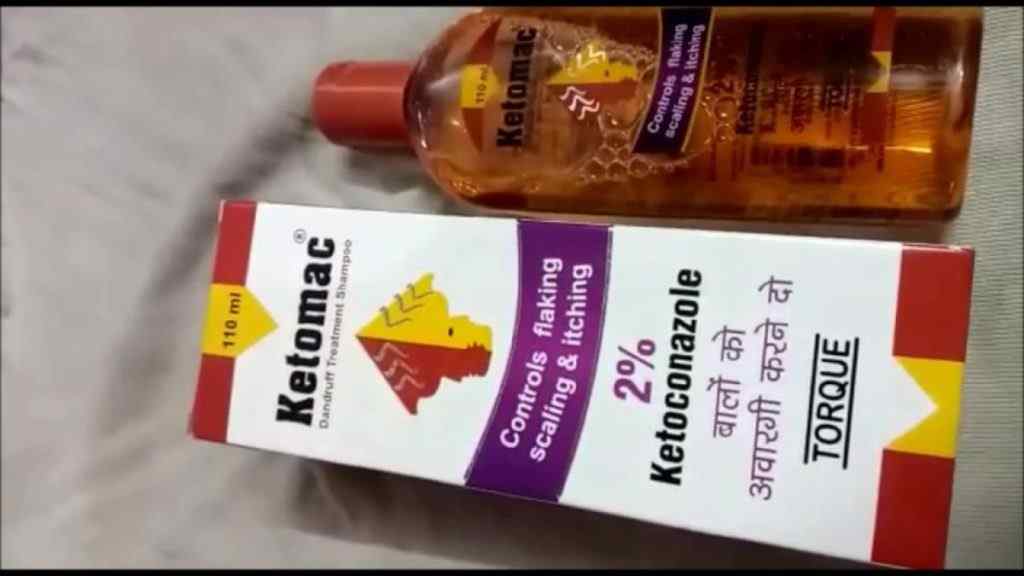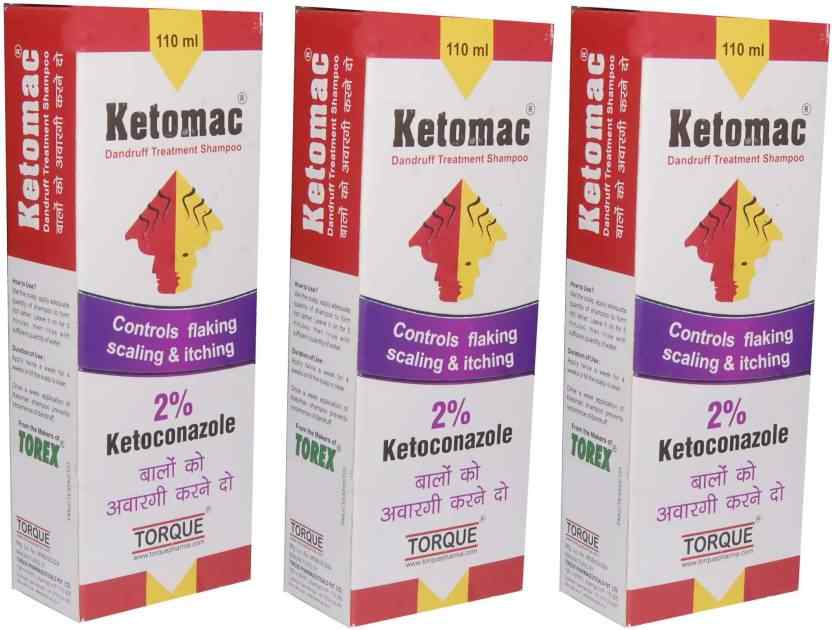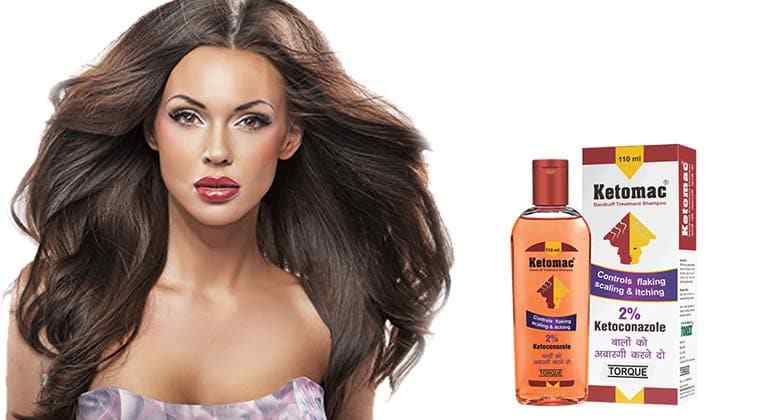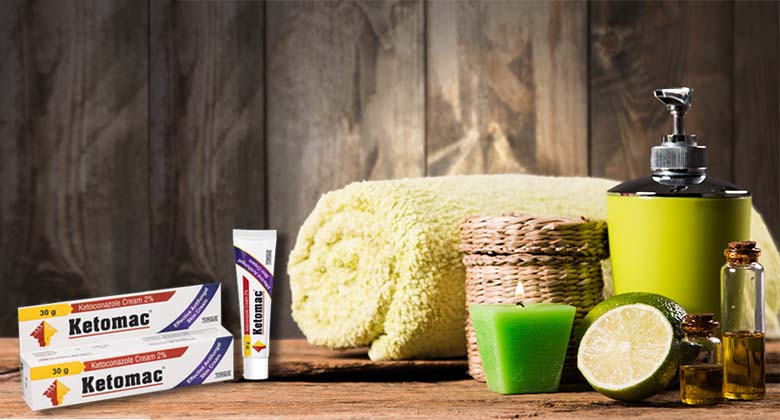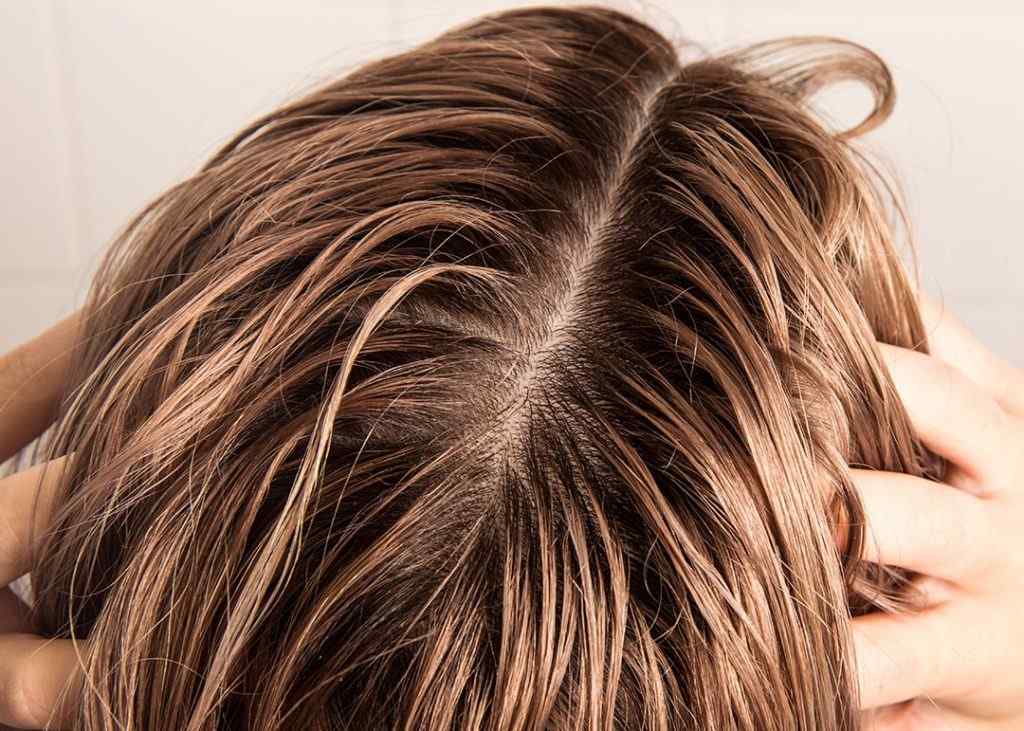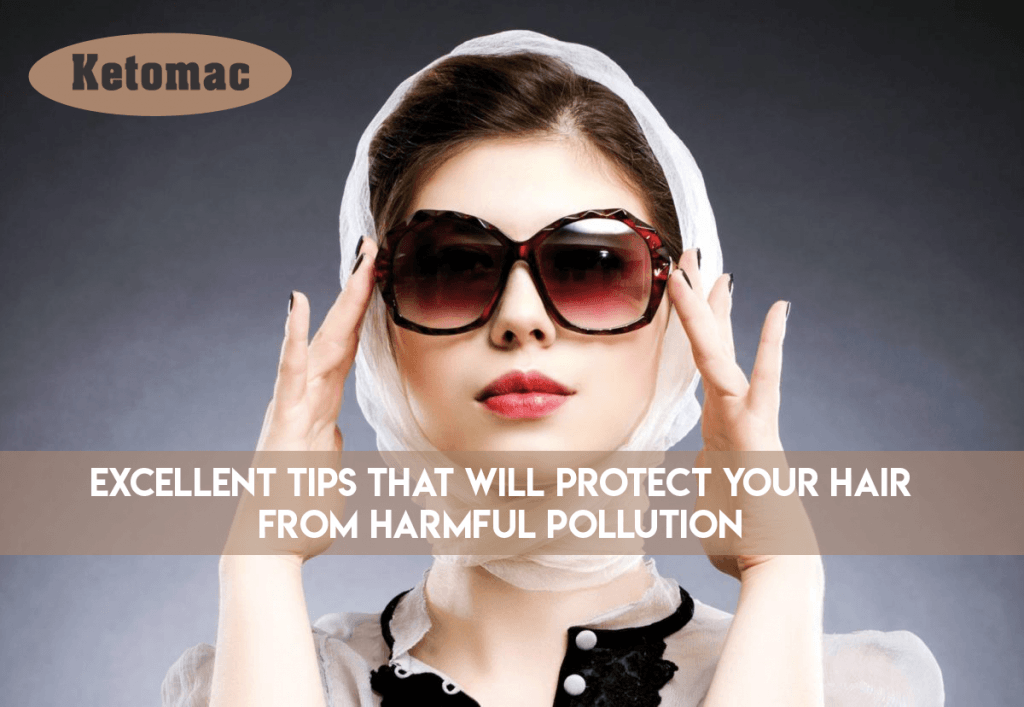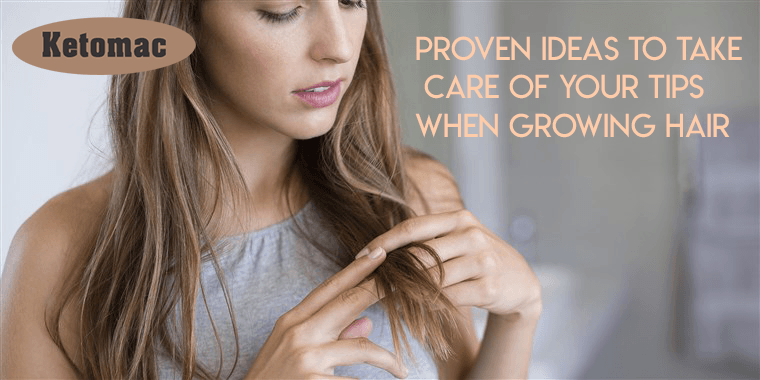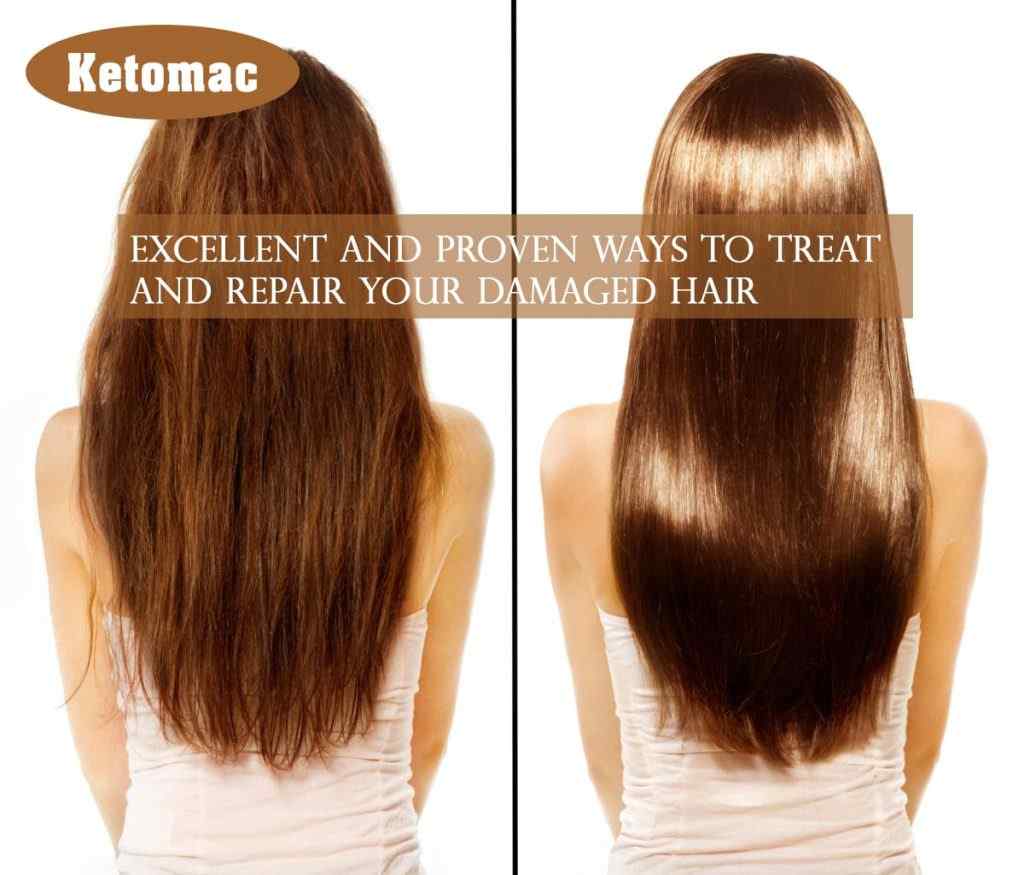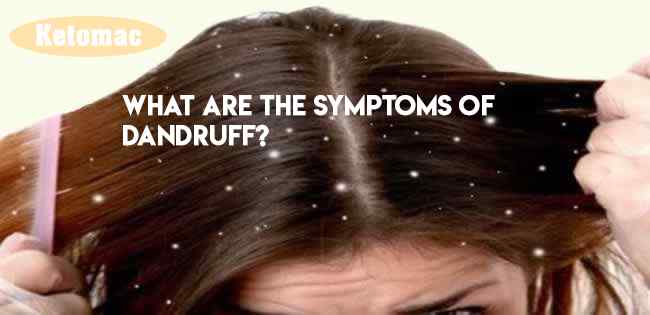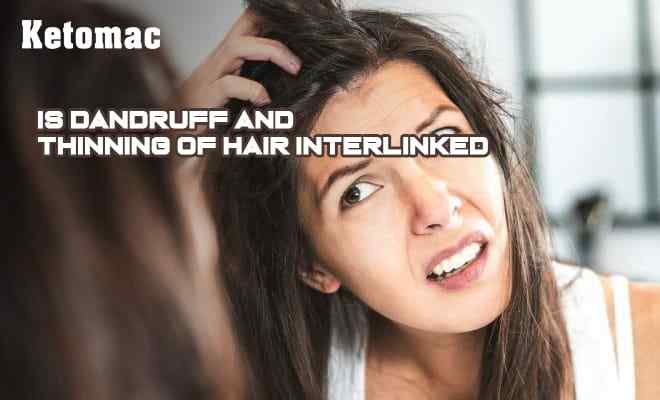Itchy scalp is a common problem for most people. Certain itchy scalp conditions impact those with oily scalp, while others affect dry scalps.
It is vital to identify the cause of your itchy scalp to go in for the best proven and effective treatment. To understand your problem, know your scalp type, recognize secondary symptoms, and identify wrong points in your routine for scalp care. If you suffer from flaking and itching of the scalp caused by dandruff, it is time to switch to scalp shampoo.
Following are the leading causes of the itchy scalp:
- Dandruff and Seborrheic Dermatitis
The most common cause of flaky, itchy, and irritated scalp is dandruff, and it is the much-discussed cause of dandruff with the most readily available treatment products.
There are many products for treating dandruff, but the best shampoo has been proven to be Ketomac Shampoo. An overgrowth of the microbe Malassezia causes dandruff which can worsen Seborrheic Dermatitis. This microbe exists naturally on all scalps, but it goes out of control on scalps with dandruff.
Dandruff exists mainly in oily scalps. Oily scalps are prone to dandruff because Malassezia fungi thrive in oil. As such, dandruff can manifest in eyebrows, beards, etc. Your oily scalp will become red and itchy. If you have dandruff, your itchy scalp will host big creamy flakes and clusters of dead skin.
- Contact dermatitis
Your itching scalp may be caused by contact dermatitis. This is the case if you have sensitive skin, reacted to skincare products in the past, and have food allergies or asthma.
Some scalp types are generally more sensitive compared to others. Haircare products like shampoos contain elements like allergens, sensitizers, and irritants. Several shampoos contain perfumes that may cause allergies.
The skin can easily absorb these elements. The skin usually filters out undesirable elements, but sometimes they may slip through the skin, triggering an immune response of inflammation to isolate and kill them. An itchy, red scalp also accompanies such inflammation.
You may still suffer from contact dermatitis even if you don’t change your scalp care routine. Sensitizers do not cause symptoms the first time but may develop reactions after some time. For instance, your scalp will itch even when you use a shampoo that you have used for many years.
- Ringworm
Also called as TineaCapitis, these are not worms. Ringworms are so-called because of the patterns they make on the skin. But, likely, you will not be able to spot such red, itchy sores on your scalp by yourself.
Ringworm is similar to dandruff as a fungus also causes it. The bad news is that it is highly contagious. In this case, it is left untreated; it can lead to severe hair loss. The fungus is active on the scalp and deep inside hair follicles. If ringworm has been diagnosed, you will need oral medication apart from a topical cream.
- Product build-up
The leading causes of product build-up are hair styling products, particularly those containing silicones. At the start, they will leave your hair shiny and smooth. But after some time, if not washed away, your hair will become lifeless, limp, and dull. Product build-up can leave your scalp red and itchy.
These are some of the facts associated with itchy scalps.



